Owner-managed and run, our Lodge offers an intimate bush experience, where personal service and attention to detail are the cornerstones of every waking moment.
The lodge successfully combines colonial style and African eccentricity in a delightful marriage of opposites.
Set in the pristine 75 000 hectare malaria-free Madikwe Game Reserve, our lodge is the ideal place for that ultimate safari experience.
Enduring Charm
This is a luxury boutique safari lodge in South Africa’s Madikwe Game Reserve. Organic glamor and opulent accents combine to ensure a distinctive and elegant flair. Tradition and eccentricity are tastefully united in an atmosphere that knows no equal. Your African safari will provide a detailed insight into the diverse landscape of Madikwe Game Reserve and its unparalleled game viewing. Indulge in award winning cuisine under African skies or treat yourself to a tranquil spa day in the lodge's Royal Spa.
Our lodge reflects a classic sense of style that is sufficiently robust to match the savage beauty that lies beyond. Our lodge is easily accessible by air and road and is located in Madikwe Game Reserve in the North West Province of Southern Africa.
Main Lodge Facilities
- Lounge and library with fireplace
- Gourmet dining experiences: Boma and Star deck
- Complimentary WiFi access
- “Sofa Safari” overlooking our private waterhole
- Curio Shop
- Our lodge's watchtower overlooking the Savannah plains and waterhole
- Open air bar
- Large Lap pool
Accommodation
Cocooned beneath a Canopy of Stars
Our lodge gently embraces the lay of the land with just five freestanding luxurious villas. Each slice of paradise is fully air-conditioned and offers superlative luxury and intimate privacy combined with extravagant outdoor facilities which include individual rim-flow pools and salas, expansive wooden decks and private outdoor showers. The villas exude colonial charm perfectly suited to a luxury safari experience.
Villa Facilities
- Views of our waterhole and open savannah
- Lounge with fireplace
- Dining area
- Walk-in dressing room
- Complimentary minibar and coffee/tea facilities
- Air conditioned
- Private rim flow pool and sala
- Outdoor shower
A Food Lover's Delight
Designs from Head Chef Jacques Sansom and General Manager / Chef Nico Verster titillate the senses with an array of sensual delights. Dine alfresco beneath Africa’s ink-rich skies, cut with the brilliance of a million stars. Food aficionados can indulge in harty South African fare served with the chic colonial charm and grace that is unique to our lodge.
Safari and Daily Game Drives
Enjoy daily game drives in pristine malaria free Madikwe Game Reserve. Madikwe Game Reserve is an ancient land where nature plays out her age-old theatre of life and death between hunter and hunted. Well positioned within the reserve’s treasure trove of animals, our lodge reverberates with the call of birds and impish Vervet monkeys. The lodge offers incredible safari experiences including sighting of the big 5 and super 7. The ‘Big 5’ phrase referred to the five most dangerous animals in Africa to hunt. The term is still used today but without the hunting connotation. The “Super 7” phrase also includes the highly endangered Wild dog and Cheetah.
Madikwe Game Reserve is know as one of the best conservation areas in all of Africa, at our lodge you will get to experience this diverse and rich ecosystem with over 130 mammal and 300 bird species not to mention the vast landscapes of plant life that keeps the whole reserve alive and healthy for all its inhabitants.
Twice-daily game drives at dawn and dusk form the daily routine of your Safari day. You will witness sunrise and sunset under incredible African skies whilst enjoying the daily animal sightings. A typical game drive lasts approximately three to four hours and all game drives are included in our rates.
Madikwe Game Reserve
A Plethora of Animals
Where rugged landscapes soften to the blush of the African dawn. The malaria-free Madikwe Game Reserve is a 75 000 ha region of untamed beauty. A natural splendour located in South Africa’s North West province. This wild terrain boasts a tapestry of awe-inspiring landscapes that encompass vast open plains, dense bushveld and towering rocky peaks. All of which offers sanctuary to a kaleidoscope of creatures, including the ‘super seven’.
Operation Phoenix
Prior to 1991, the area where Madikwe Game Reserve is today consisted largely of degraded cattle farms. As the area was not running efficiently, Settlement Planning Services commissioned a feasibility study to establish the best use of this land. The study showed that the development of wildlife-based tourism in the area the creation of a game reserve would be most beneficial to local communities. What followed was the largest translocation project in the world – Operation Phoenix.
Over a period of seven years, Operation Phoenix reintroduced more than 8,000 animals of 28 species into the newly established Madikwe Game Reserve. The project achieved a number of world-firsts with entire herds of elephant being relocated and the reintroduction of African wild dog into a fenced reserve.
Historic Introduction
Madikwe’s rich cultural history began almost one million years ago and is as much a part of the Reserve as the wildlife and other natural wonders in the area. Historical sites containing irreplaceable artifacts are in abundance and in time will be restored and displayed as part of South Africa’s heritage.
Operation Phoenix is world renowned as the largest and most successful reintroduction programme to date. In fact, it has been so successful that Madikwe is able to sell wildlife to donate and sell some of its wildlife to other Southern African Parks. Another result has been the establishment of Madikwe’s prosperous wild dog breeding programme.
The evidence of this translocation project is very clear to visitors of the park today. Madikwe appears to have been a wildlife rich reserve for centuries, however this is all the result of Operation Phoenix. This project is an ongoing effort with 5 cheetah and 25 gemsbok being introduced into the park in 2012.
Madikwe Game Reserve
Madikwe Game Reserve is a protected area in South Africa. Named after the Madikwe or Marico River, on whose basin it is located. It comprises 750 km² of bushland north of the small town of Groot-Marico up to the Botswana border. It was opened in 1994.
Geography
Madikwe Game Reserve lies 90 km north of Zeerust on what used to be farm land, but owing to the poor soil type, farming was not that successful. After extensive research, the South African government found that this land would best be utilised as a provincial park, to economically uplift this otherwise rather poor area.
It is currently the fifth largest game reserve in South Africa. The park is now 680 km² by itself, and 750 km², including the now incorporated privately owned land.
The reserve has recently opened itself up to private farms outside the main reserve. Private users need to abide by parks board rules, animals can roam over any land, but there are restrictions as to where private vehicles can drive.
Wildlife
The process of reintroducing wildlife to the area began in 1992 under the codename Operation Phoenix which relocated entire breeding herds of elephants, Cape buffaloes, south-central black rhinos and southern white rhinos along with various species of antelopes. Following Operation Phoenix, Madikwe has also successfully reintroduced rarer predatory species such as lions, cheetahs, spotted hyenas and Cape wild dogs bringing the total large mammal population of the reserve to over 10 000. There are currently more than 60 species of mammal in the park.
Madikwe has been regarded as one of the better conservation areas in Africa, offering all the major species, including lion, leopards, elephants, Cape buffaloes, both white and black rhinos along with almost all the plains antelope species.
A special feature of Madikwe lies in its unique location, a transition zone on the edges of the Kalahari, where a number of rare species occur naturally, and the bushveld. The climate is generally mild to hot, but winter nights can be cold. Over 350 species of birds have been recorded at Madikwe. The reserve is relatively close to Pilanesberg National Park and there is a long-term plan to develop a corridor between the two parks.
Vegetation
The terrain is mainly open grasslands and bushveld plains, interspersed with rocky outcrops and single mountains.
Climate and weather
Madikwe forms part of a semi-arid region on the edge of the Kalahari desert. In this region the climate can be broken into the rainy season (October – April) and the dry season (May – September). Summers overlap with the rainy season. Temperatures are high (32 °C / 90 °F) with cooling thunderstorms common in the late afternoon, evenings are mild (18 °C / 64 °F). Winters here are dry, with mild days (21 °C / 70 °F) and chilly nights (3 °C / 37 °F). Game viewing is good at all times of the year though most animals tend to congregate around available water sources during the winter.
Accommodation
There are 30 lodges on the property, and six lodges in the private farms outside the main reserve. Some of the commercial lodges include Rhulani Safari Lodge, Jaci's Lodges, Tau Game Lodge, Etali Safari Lodge, Impodimo Game Lodge and an eco-lodge, Mosetlha Bush Camp. Madikwe has started community lodges, which the local villages own and run. All profits are then used to uplift the communities.
Transportation options
Federal Air operates charter flights to OR Tambo International Airport from the airstrips in both the north and south of Madikwe. The flight takes about 55 minutes. Alternatively, the drive from Johannesburg is about 5 hours.
North West Province of South Africa
North West is a province of South Africa. Its capital is Mahikeng. The province is located to the west of the major population centre of Gauteng and south of Botswana.
History
North West was incorporated after the end of apartheid in 1994, and includes parts of the former Transvaal Province and Cape Province, as well as most of the former bantustan of Bophuthatswana. It was the scene of political violence in Khutsong, Merafong City Local Municipality in 2006 and 2007, after cross-province municipalities were abolished and Merafong Municipality was transferred entirely to North West. Merafong has since been transferred to Gauteng province in 2009.
This province is the birthplace of prominent political figures: Lucas Mangope, Moses Kotane, Ahmed Kathrada, Abram Onkgopotse Tiro, Ruth Mompati, J. B. Marks, Aziz Pahad, and Essop Pahad, among others.
Law and government
The Provincial Government consists of a premier, an executive council of ten ministers, and a legislature. The provincial assembly and premier are elected for five-year terms, or until the next national election. Political parties are awarded assembly seats based on the percentage of votes each party receives in the province during the national elections. The assembly elects a premier, who then appoints the members of the executive council.
Geography
Much of the province consists of flat areas of scattered trees and grassland. The Magaliesberg mountain range in the northeast extends about 130 km (about 80 miles) from Pretoria to Rustenburg. The Vaal River flows along the southern border of the province.
Climate
Temperatures range from 17° to 31 °C (62° to 88 °F) in the summer and from 3° to 21 °C (37° to 70 °F) in the winter. Annual rainfall totals about 360 mm (about 14 in), with almost all of it falling during the summer months, between October and April.
Borders
North West borders the following districts of Botswana:
- Kgatleng – far northeast
- South-East – northeast
- Southern – north
- Kgalagadi – northwest
Domestically, it borders the following provinces:
- Limpopo – northeast
- Gauteng – east
- Free State – southeast
- Northern Cape – southwest
North West Province is traversed by the northwesterly line of equal latitude and longitude.
Economy
The mainstay of the economy of North West Province is mining, which generates more than half of the province's gross domestic product and provides jobs for a quarter of its workforce. The chief minerals are gold, mined at Orkney and Klerksdorp; uranium, mined at Klerksdorp; platinum, mined at Rustenburg and Brits; and diamonds, mined at Lichtenburg, Christiana, and Bloemhof. About 85% of all money-making activities take place between Klerksdorp and Potchefstroom. The economic heart of the province is Klerksdorp. The northern and western parts of the province have many sheep farms and cattle and game ranches. The eastern and southern parts are crop-growing regions that produce maize (corn), sunflowers, tobacco, cotton, and citrus fruits. The entertainment and casino complex at Sun City and Lost City also contributes to the provincial economy.
Demographics
Dominant home languages in the North West
The majority of the province's residents are Tswana people who speak Tswana, as in neighbouring Botswana. Smaller groups include Afrikaans, Sotho, and Xhosa speaking people. English is spoken primarily as a second language. Most of the population belong to Christian denominations. (Figures according to Census 2001 released in July 2003).
According to the 2007 community survey 90.8% of the province's population was Black (mostly Tswana-speaking), 7.2% as White (mostly Afrikaans speaking), 1.6% as Coloured and 0.4% as Asian. The 2007 community survey showed the province had a population of just over 3 million. The province's white population is very unevenly distributed. In the southern and eastern municipalities, the white percentage in double figures such as the Tlokwe and Matlosana where the white percentages were 27% and 12% respectively.
The province has the lowest number of people aged 35 years and older (5.9%) who have received higher education. Since 1994 the number of people receiving higher education has increased. After the disbanding of the bantustans, many people migrated to the economic centres of Cape Town and Gauteng.
Education
The province had two universities: the North-West University, which was formerly called the University of Bophuthatswana (founded in 1979), in Mmabatho; and Potchefstroom University for Christian Higher Education (founded in 1869; became a constituent college of the University of South Africa in 1921 and an independent university in 1951). These two universities have now merged and the new institution is called North-West University.
As part of the Department of Education's proposed plans for higher education, the existing four higher learning institutions will be merged to form two. During 2003, as part of the Year of Further Education and Training project, three mega institutions, Taletso, ORBIT and Vuselela, were established to provide technical and vocational training to the youth. These institutions have been incorporated into many of the former education and technical colleges and manpower centres.

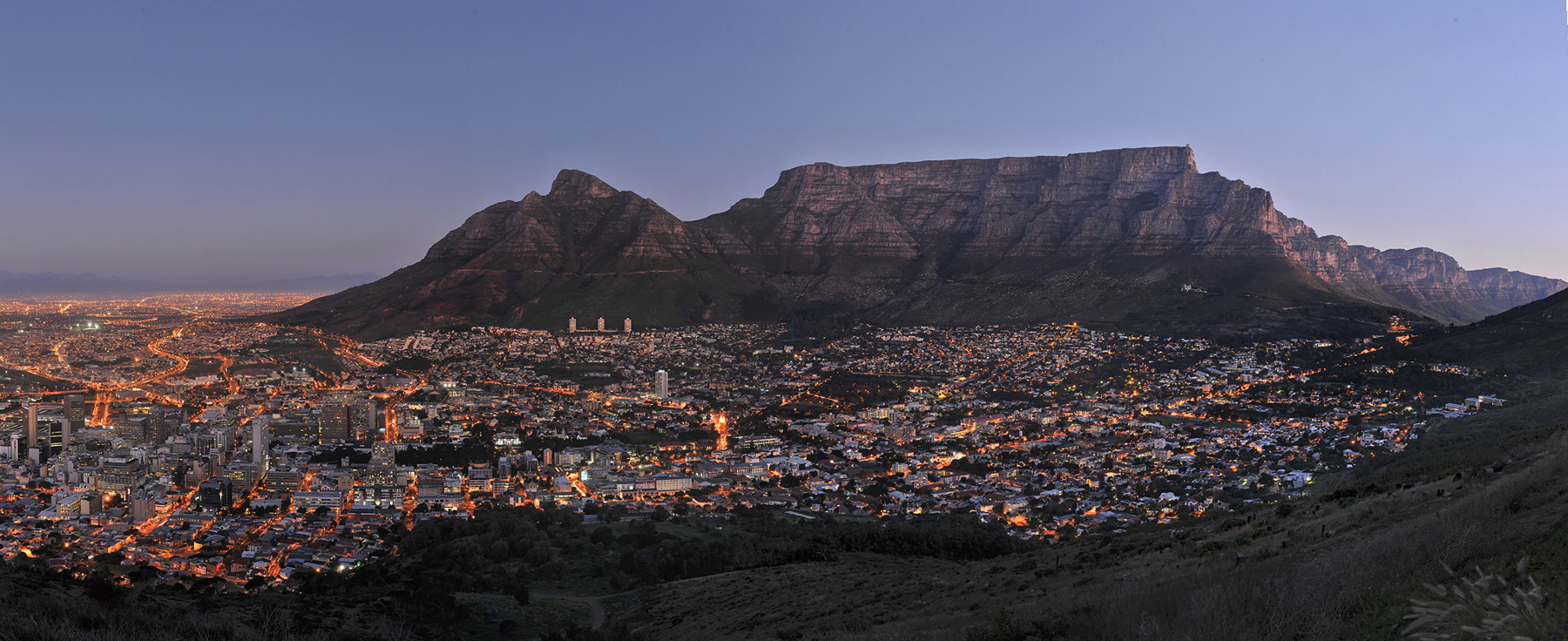
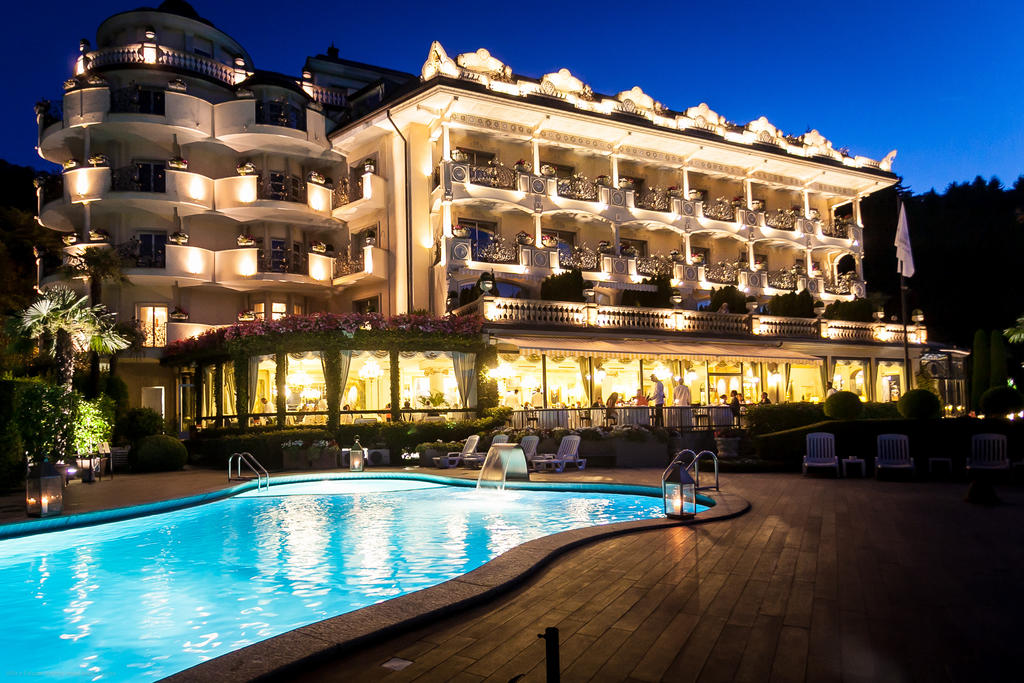
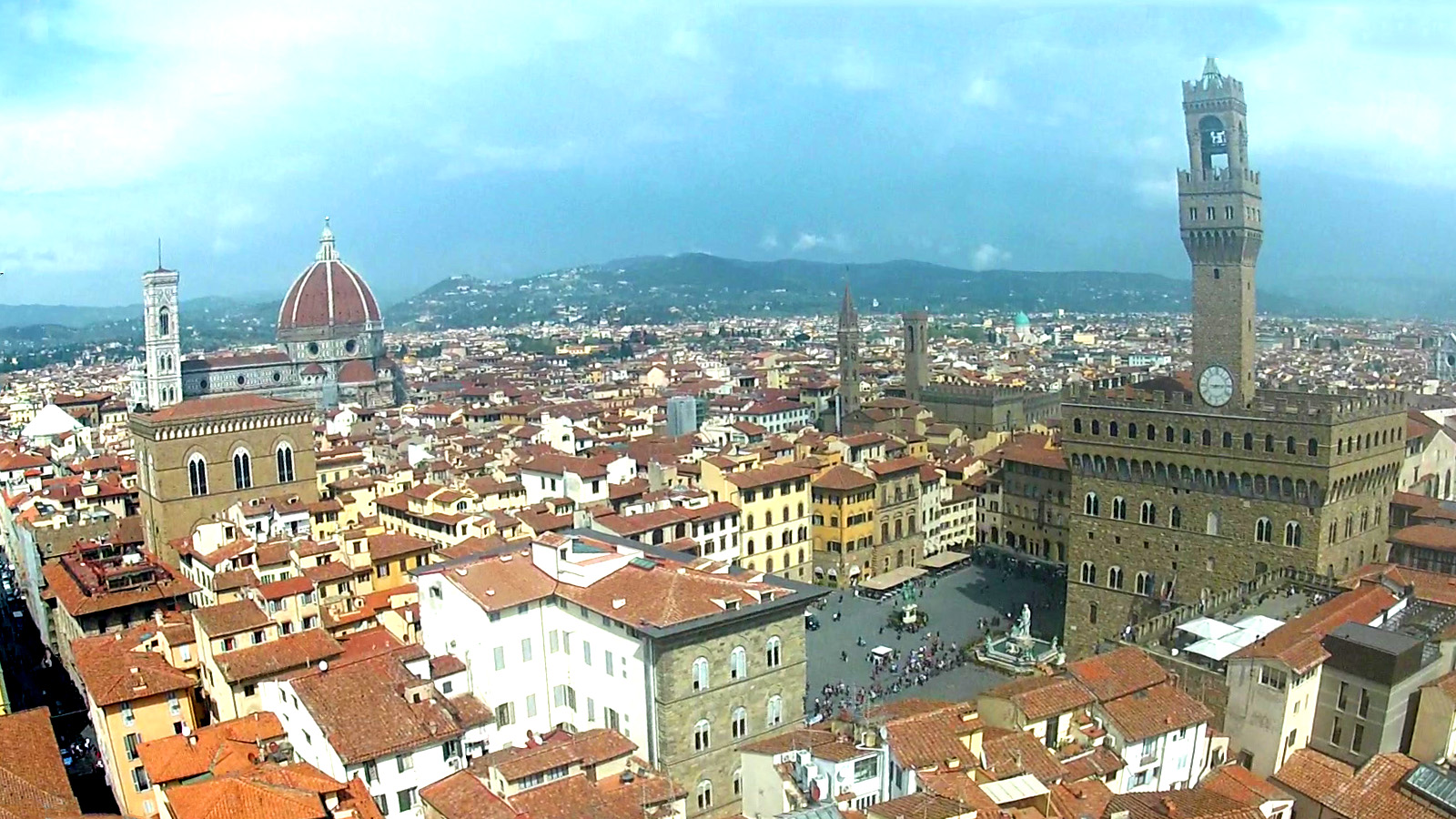

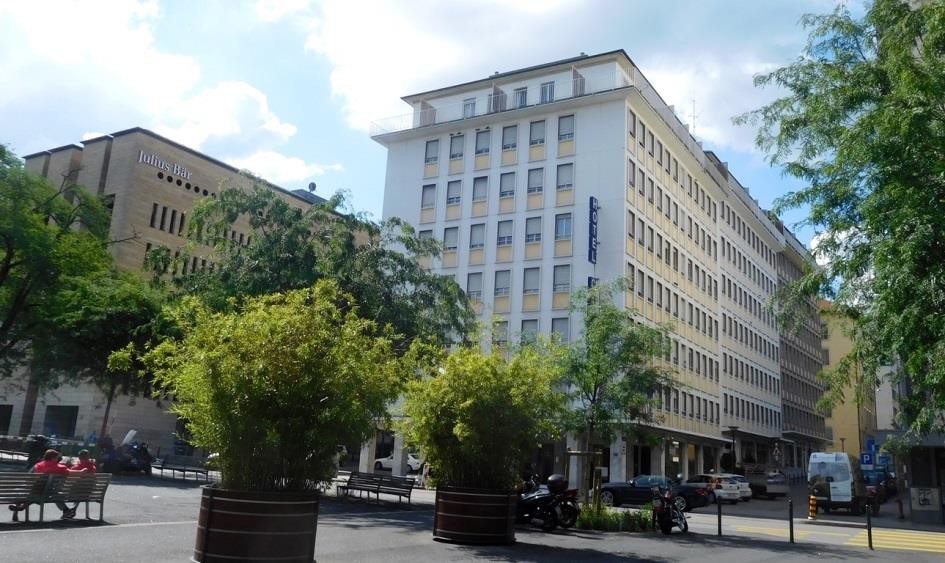
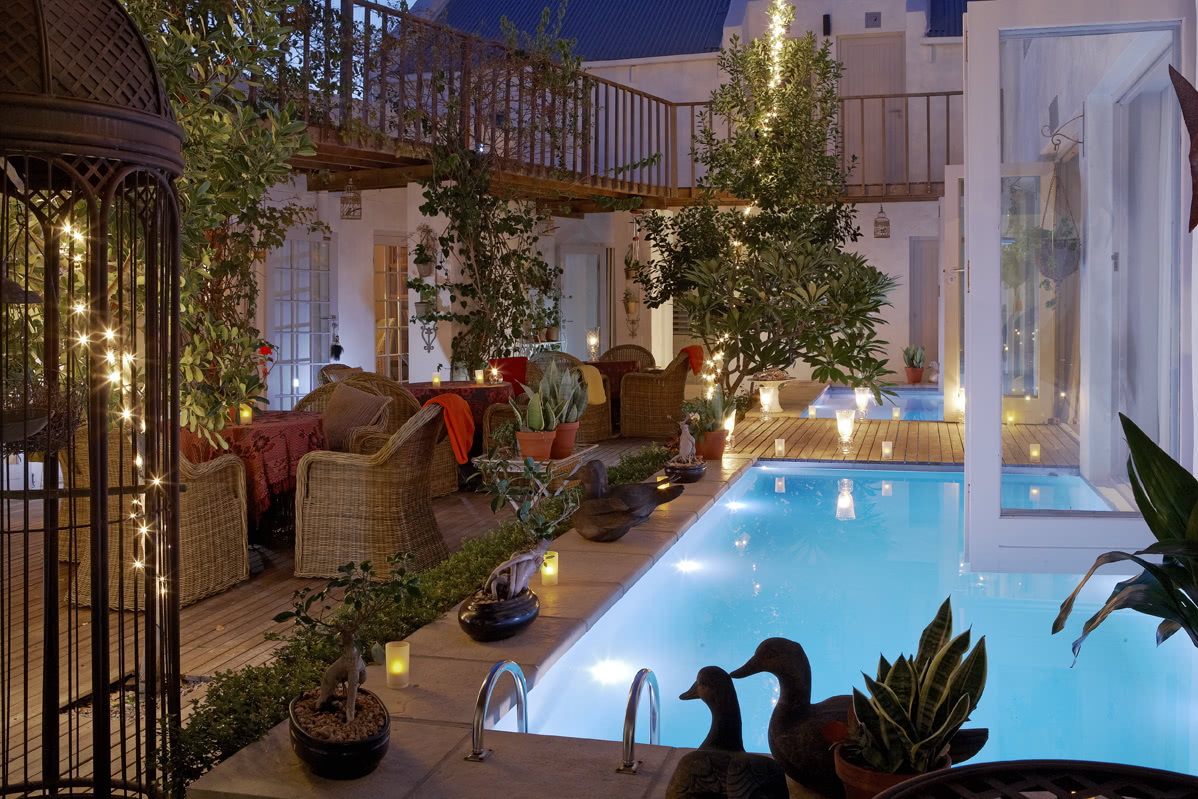
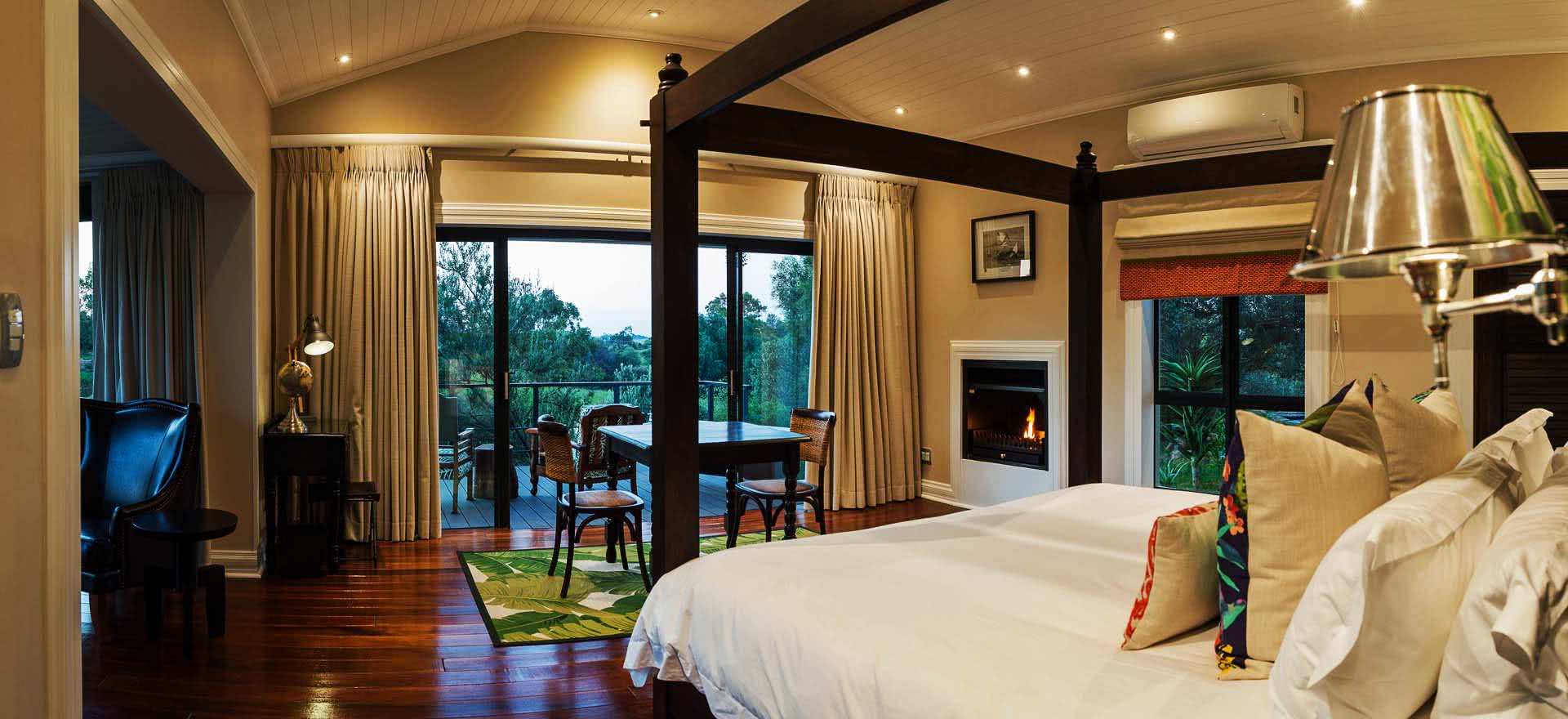
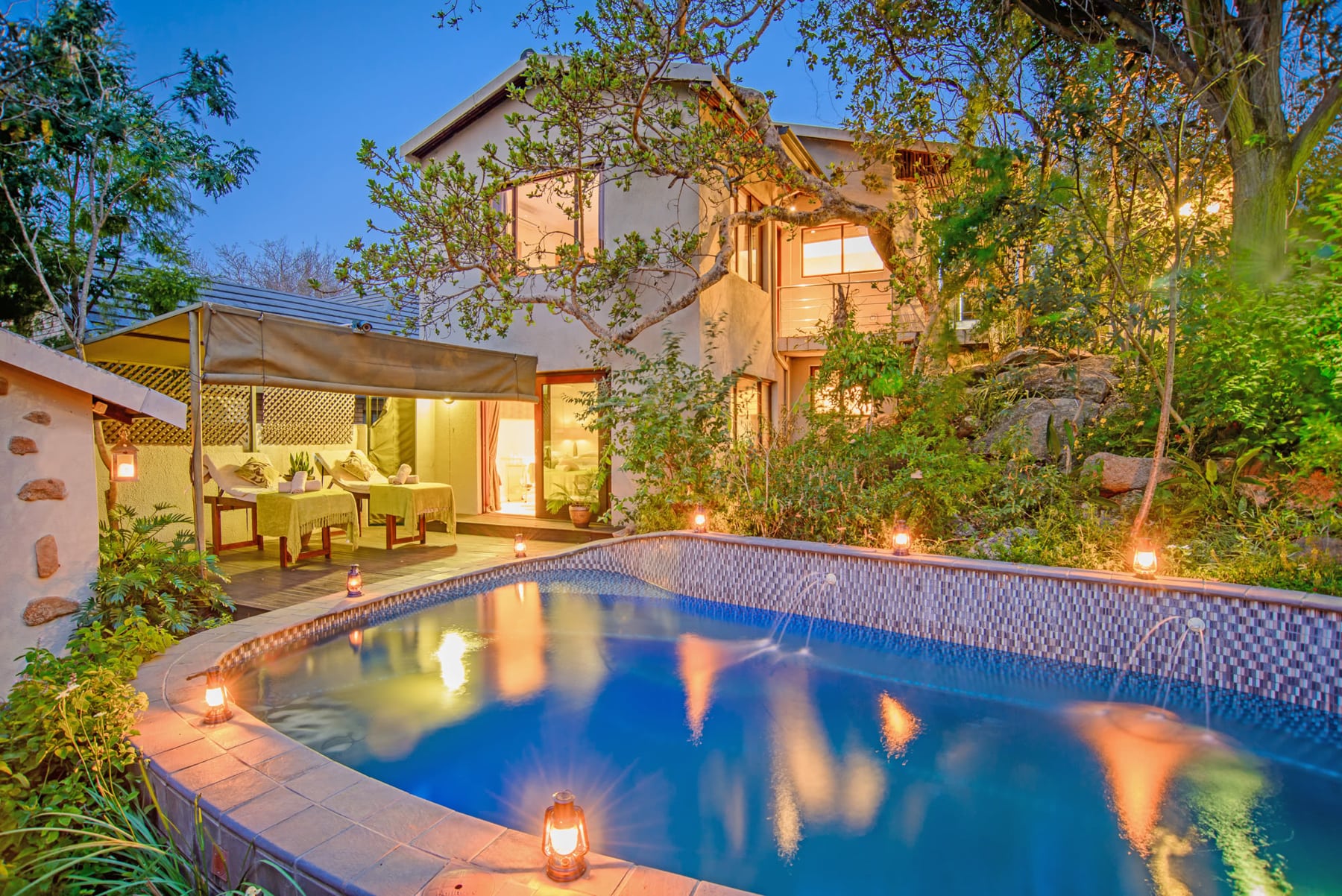

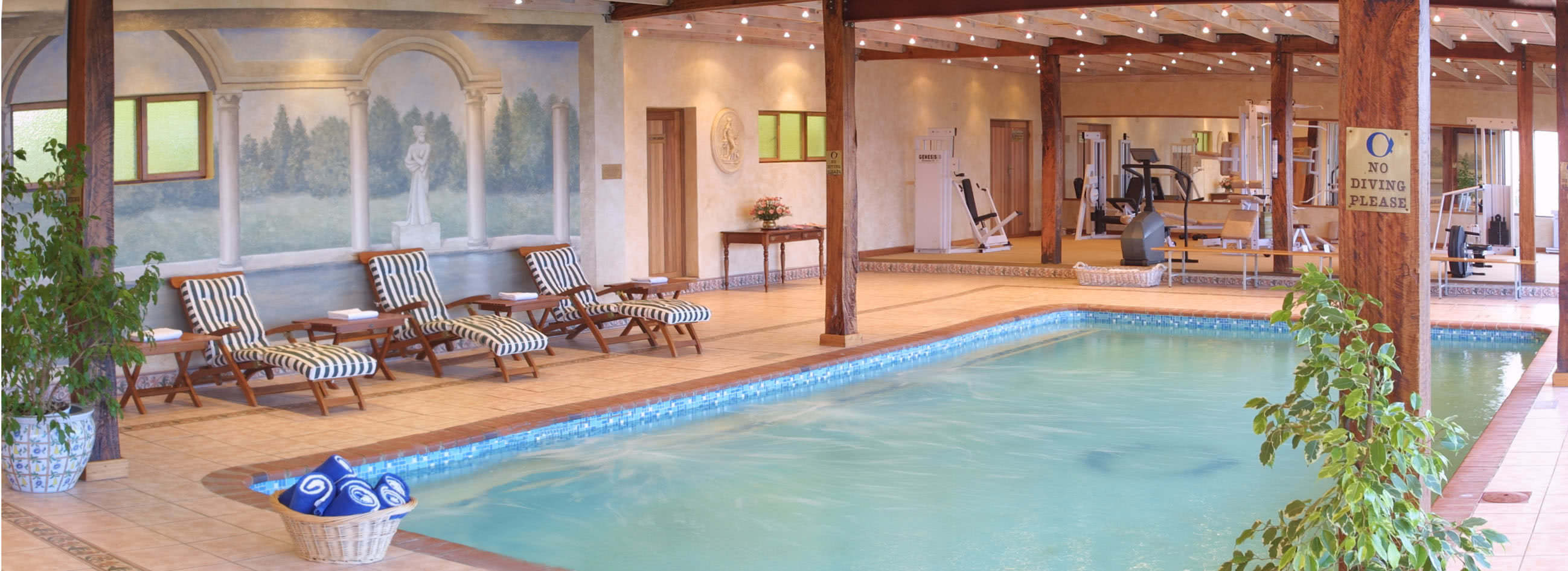
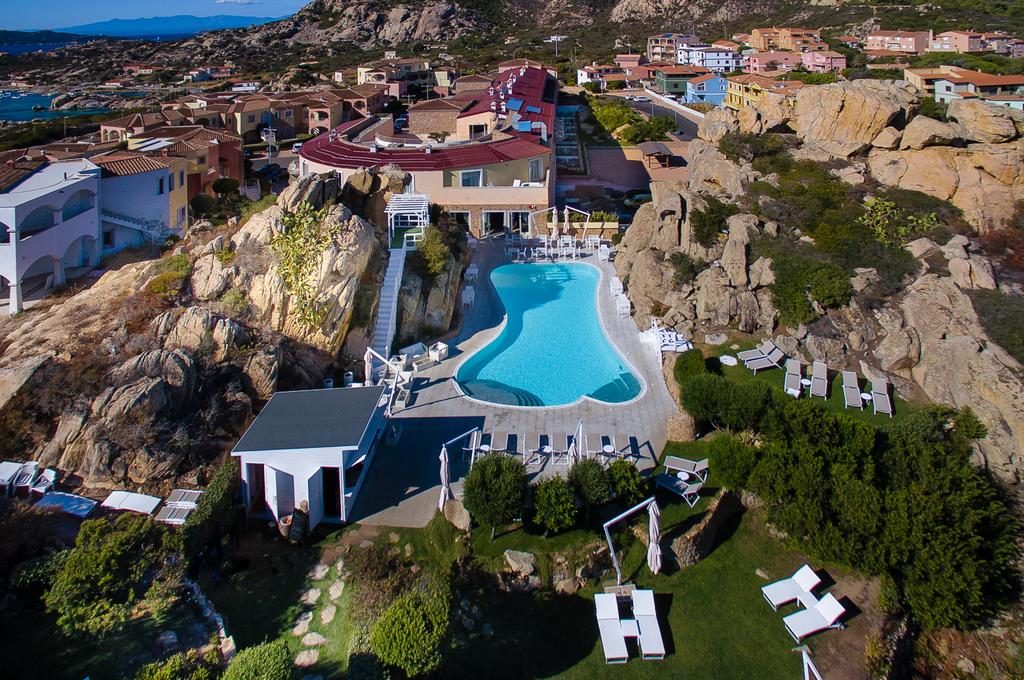
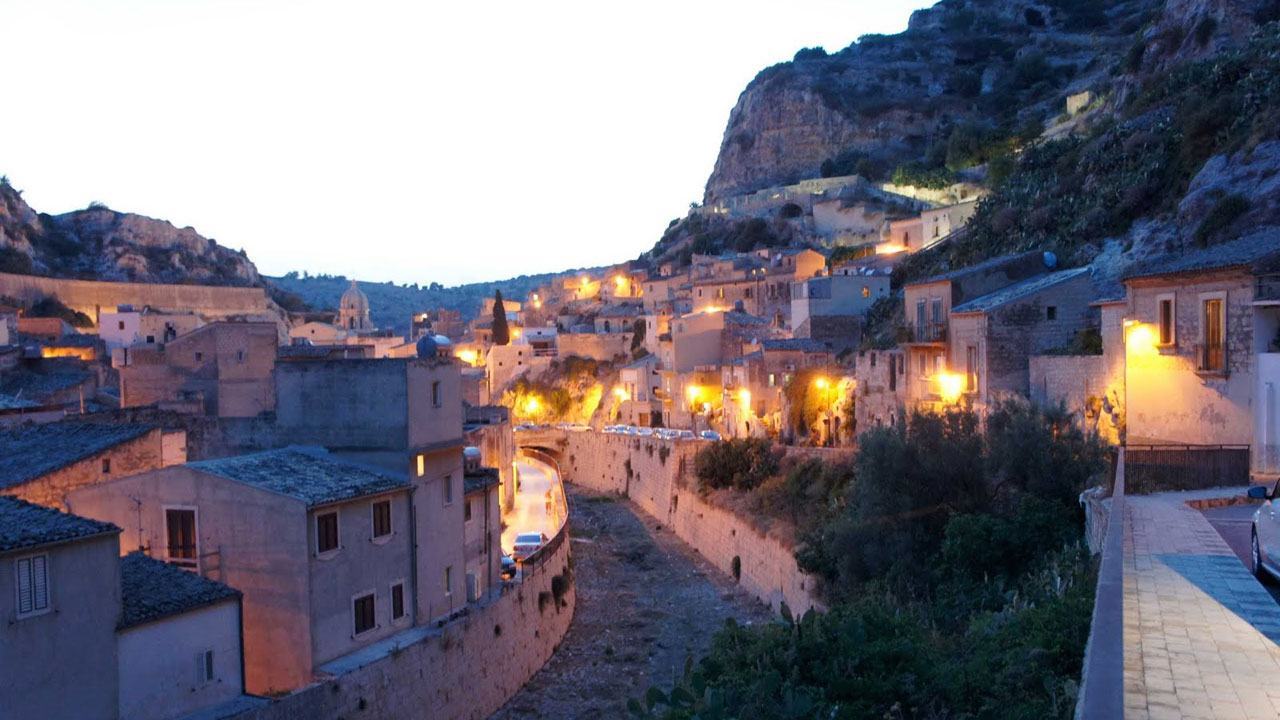
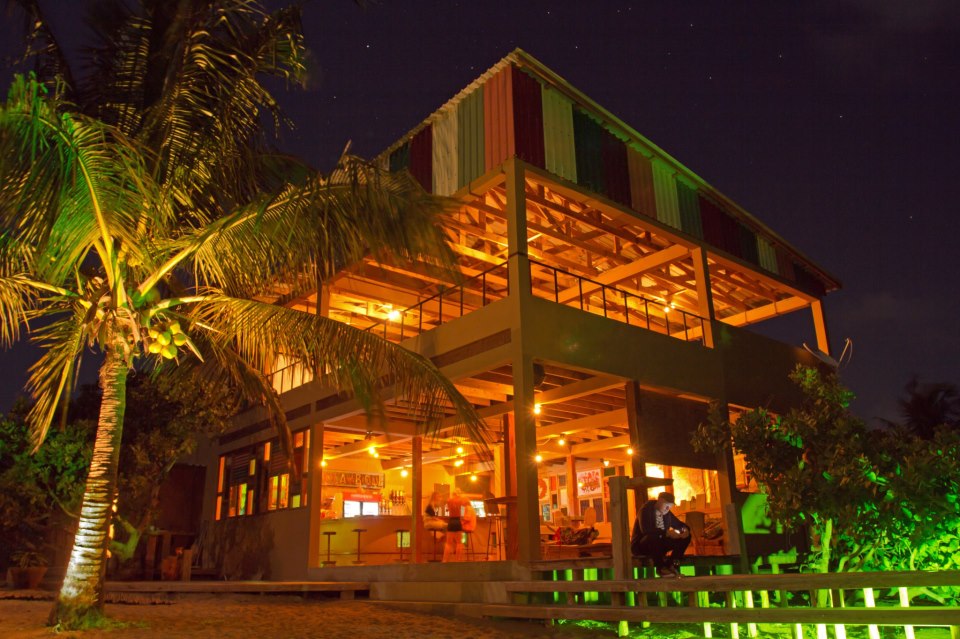
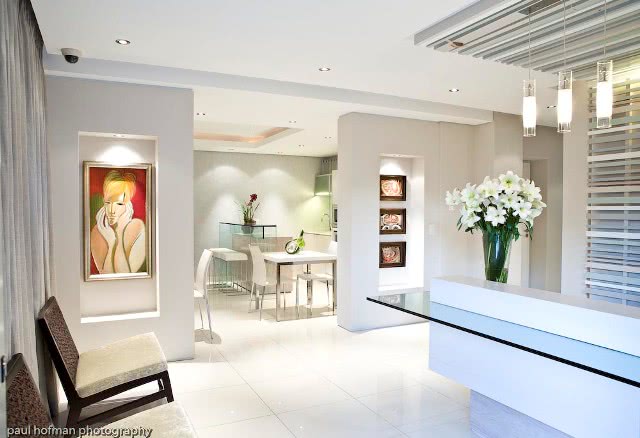
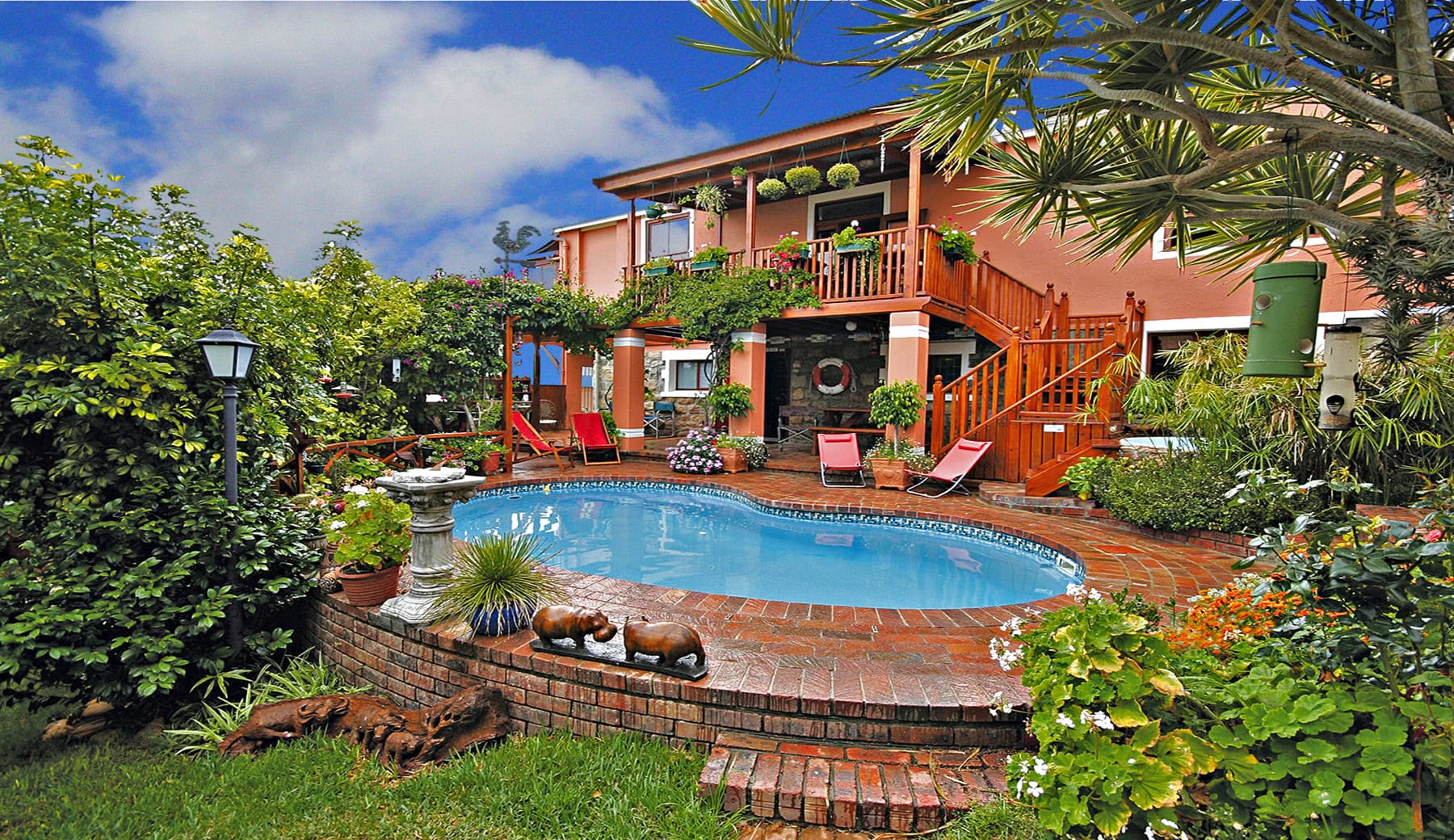
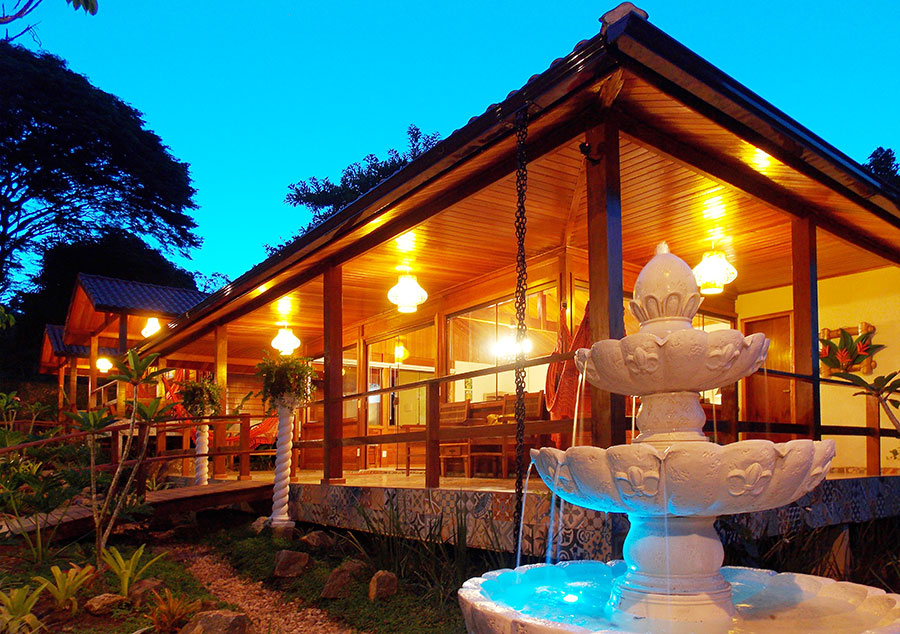
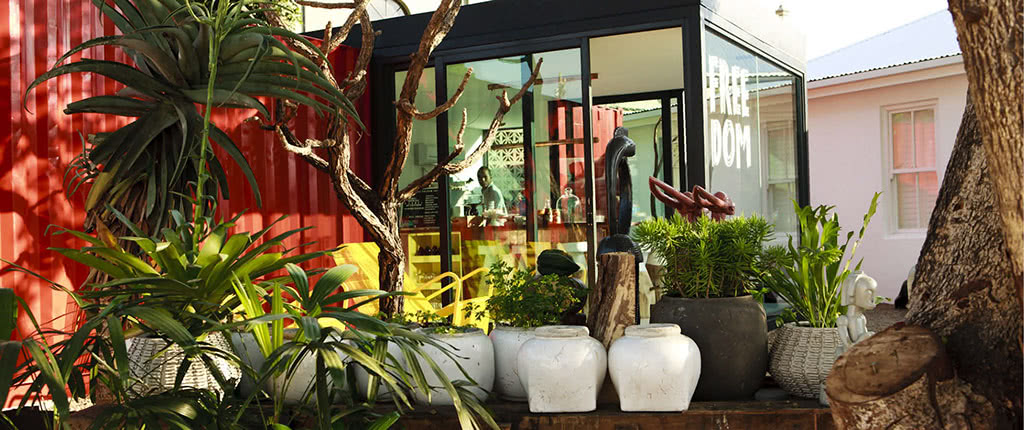
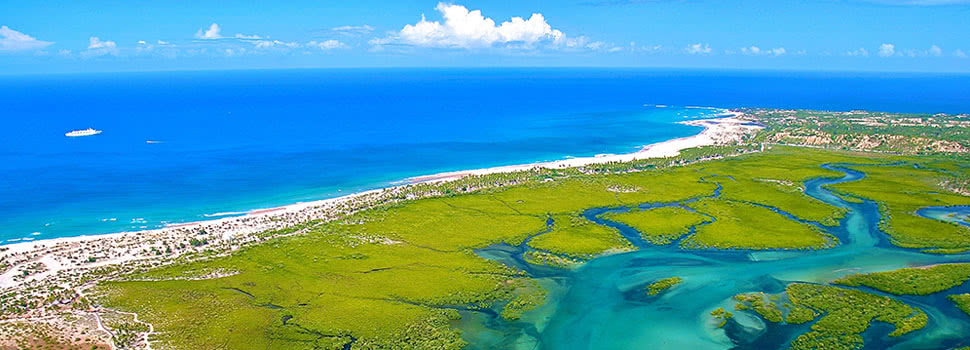
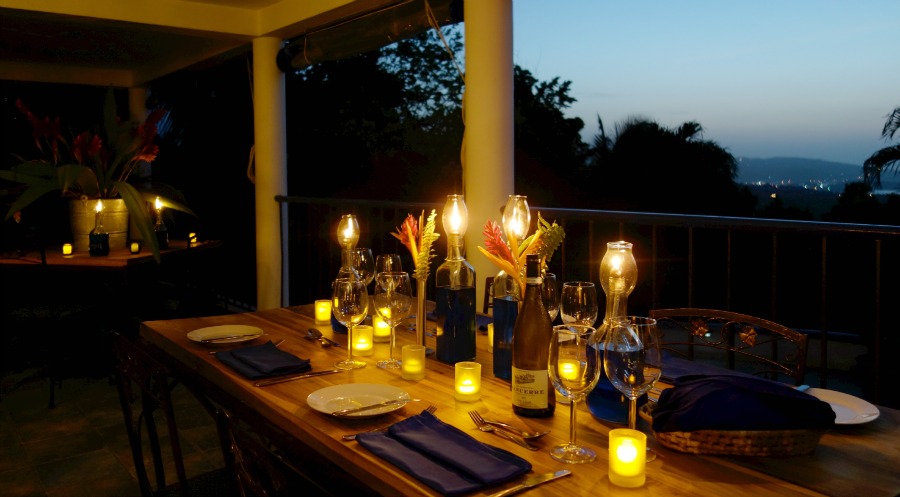
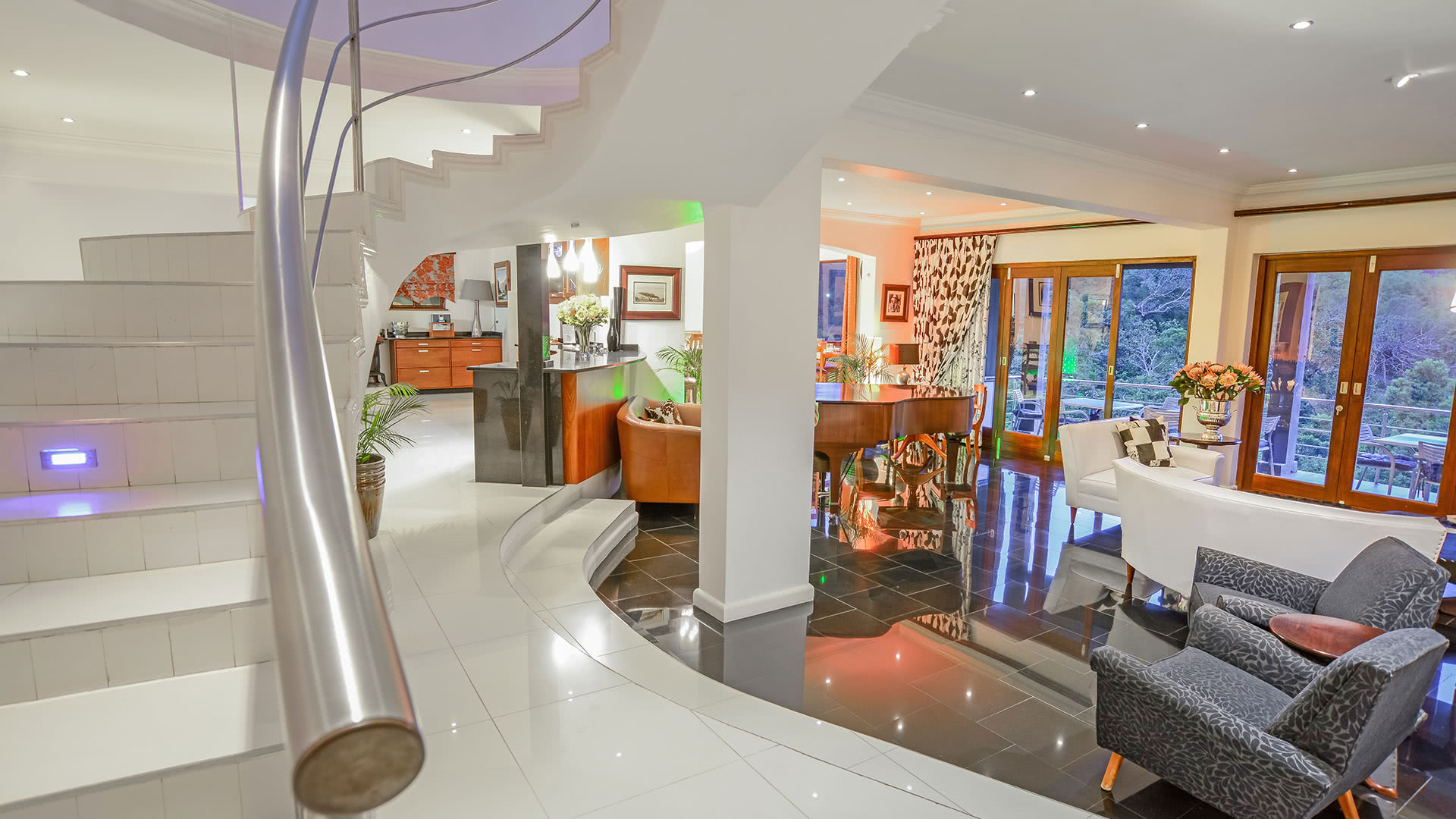
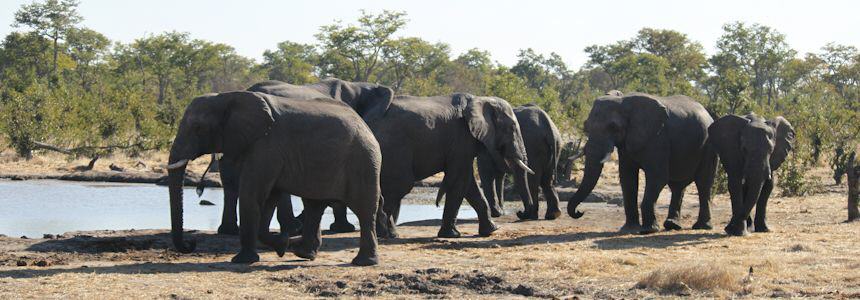
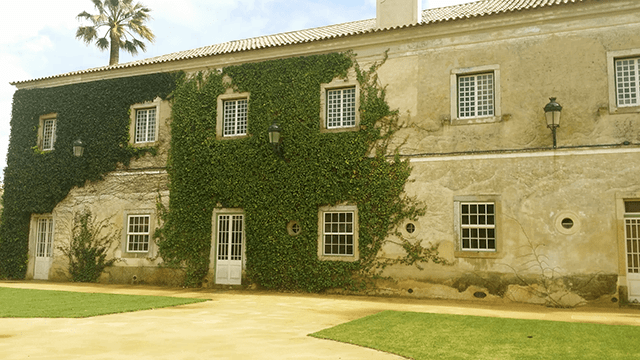
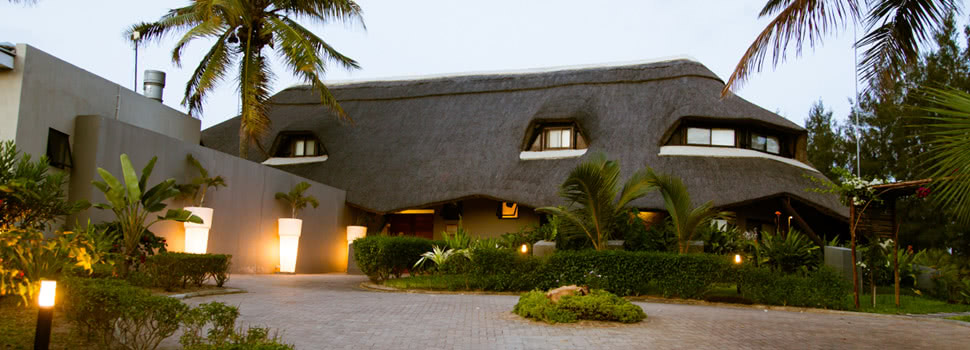
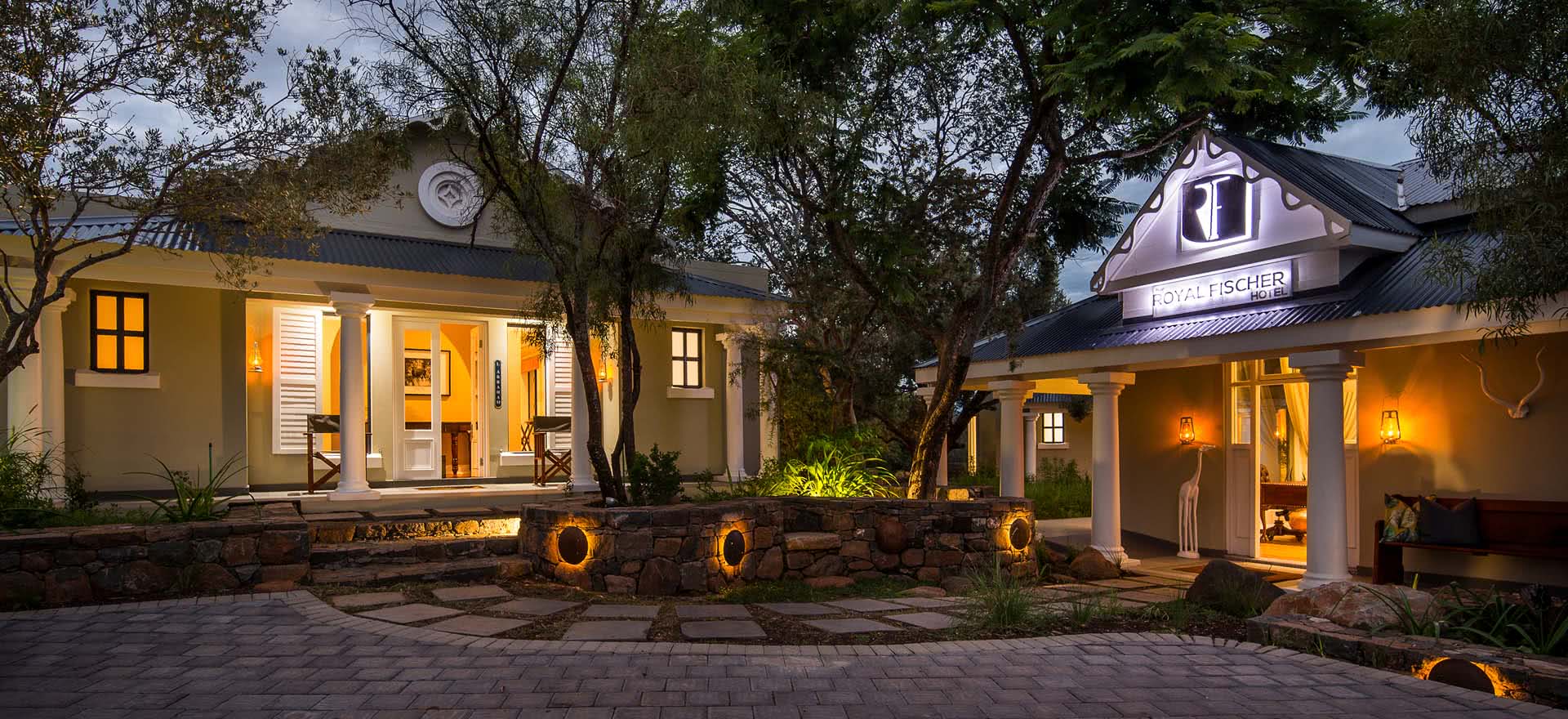
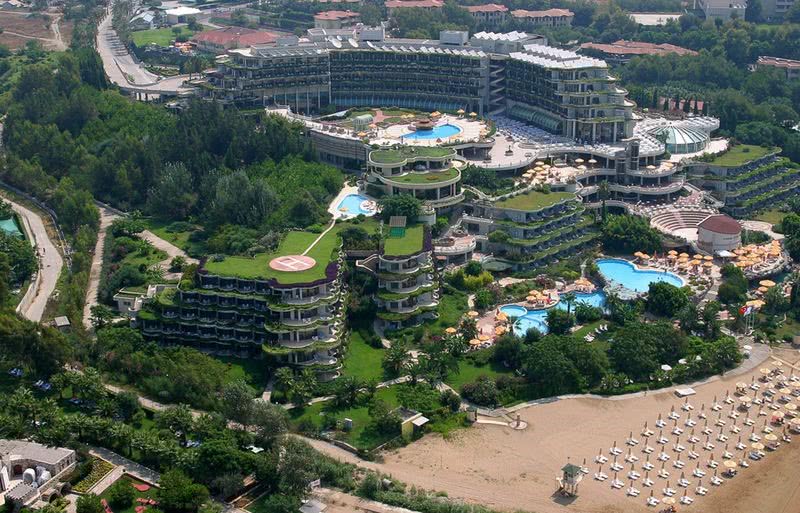
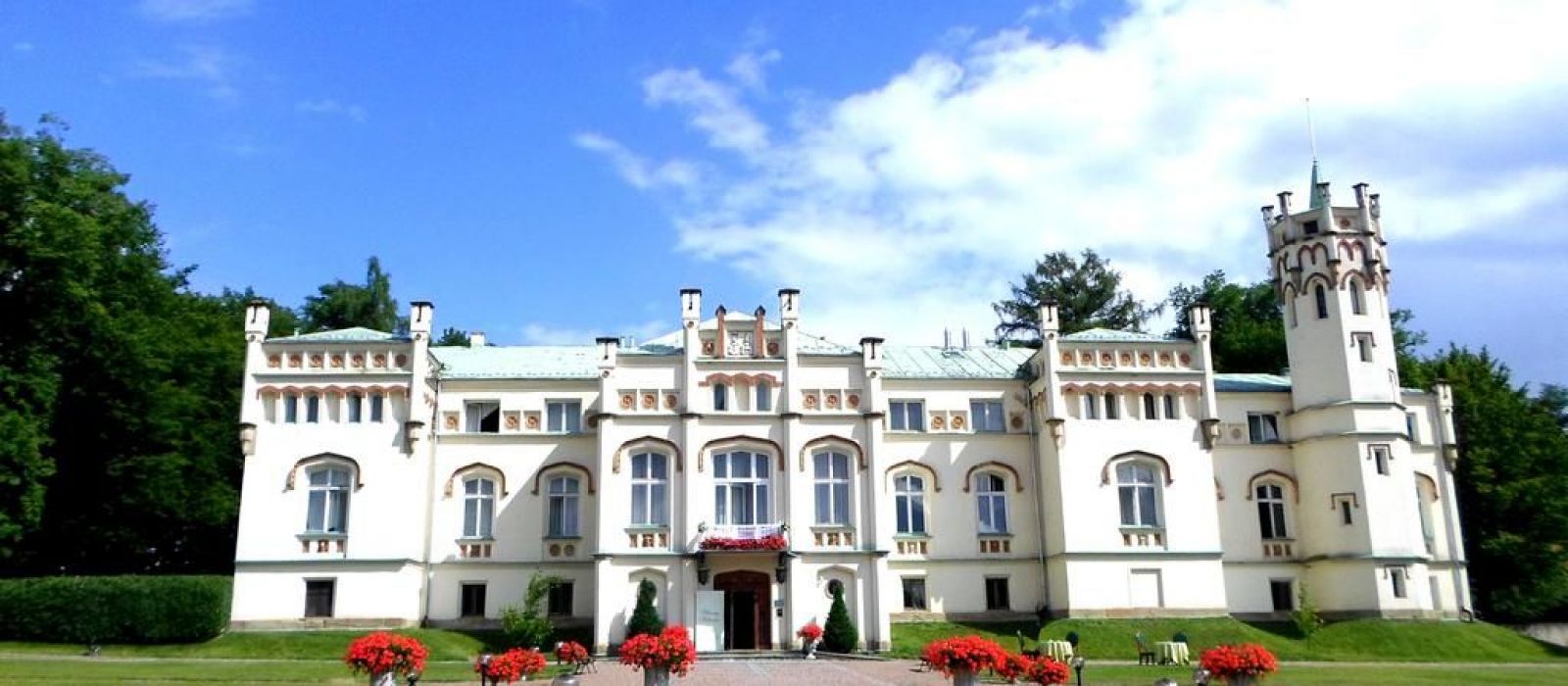
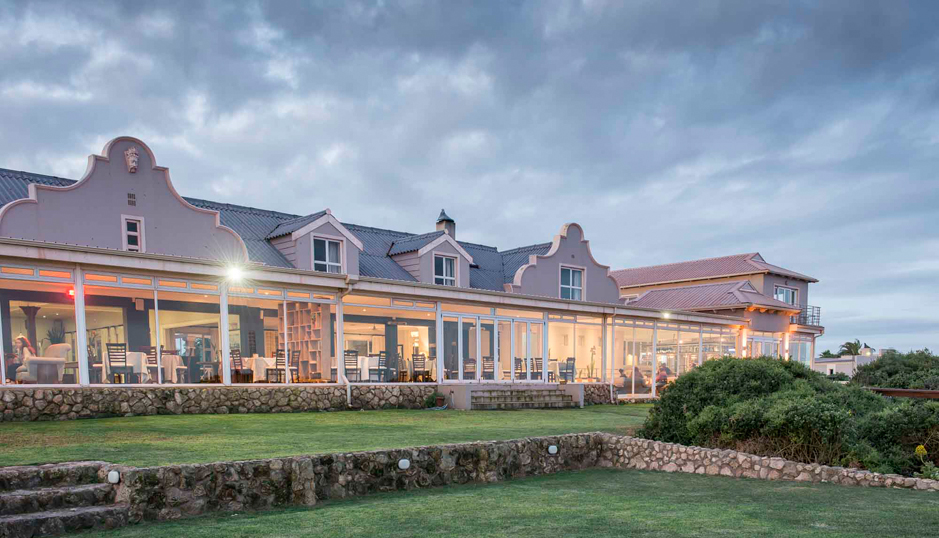
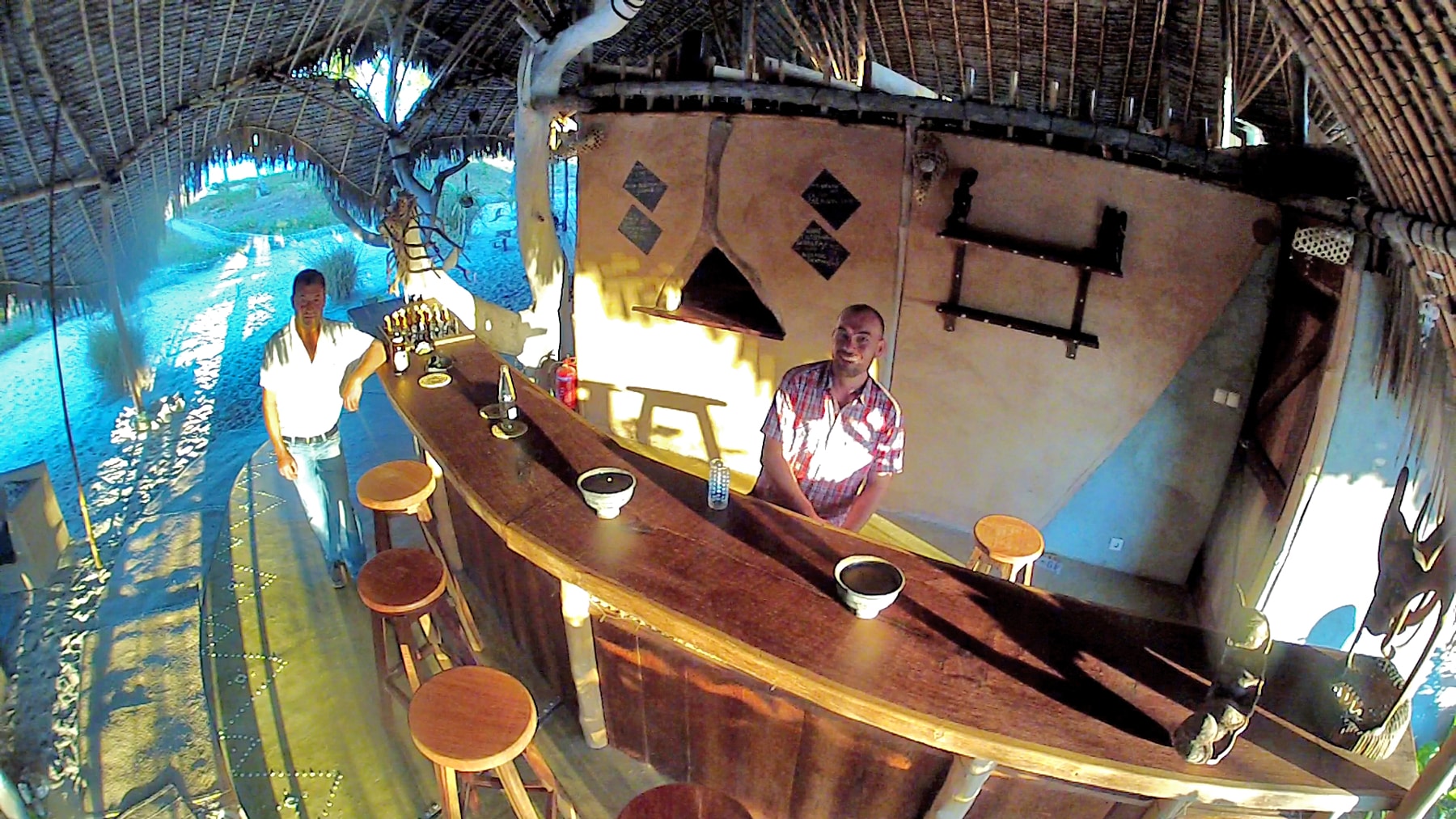
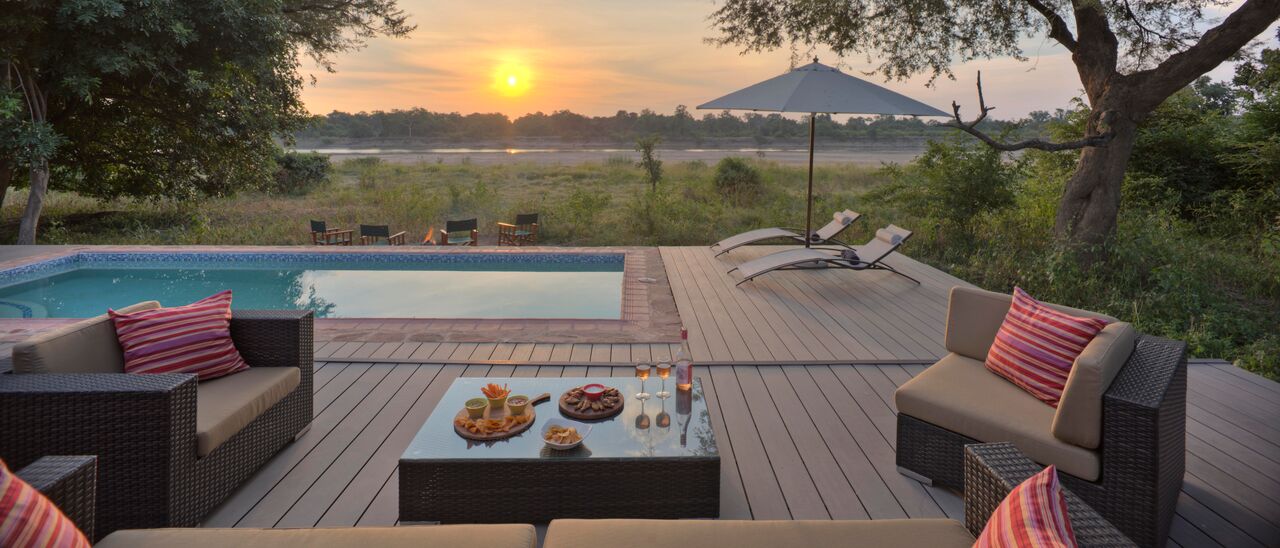
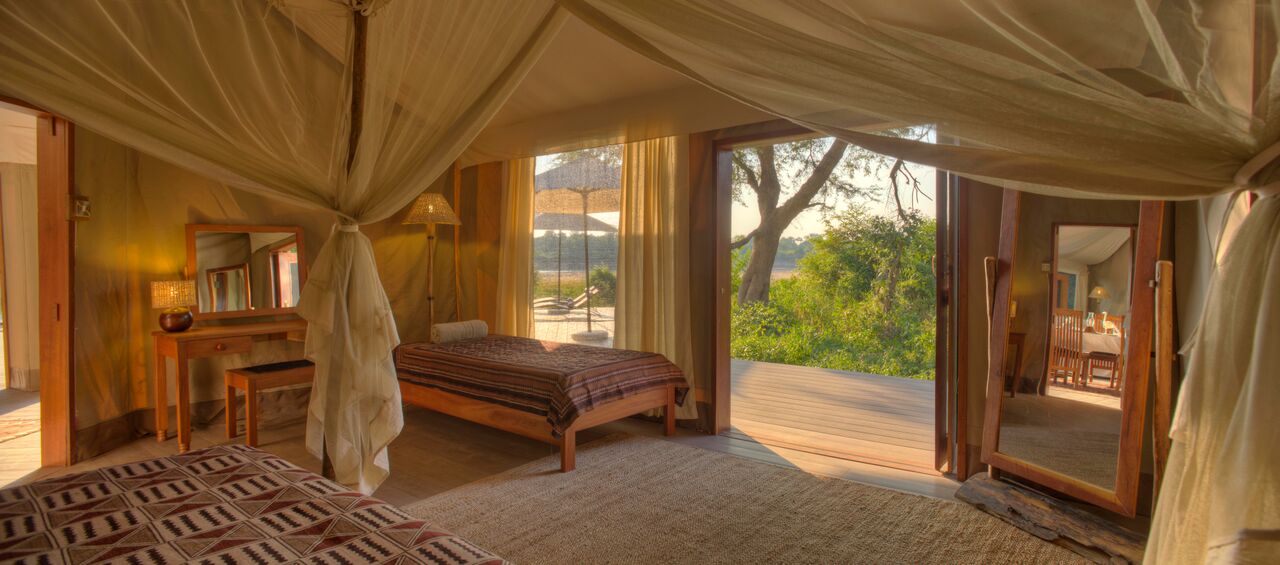
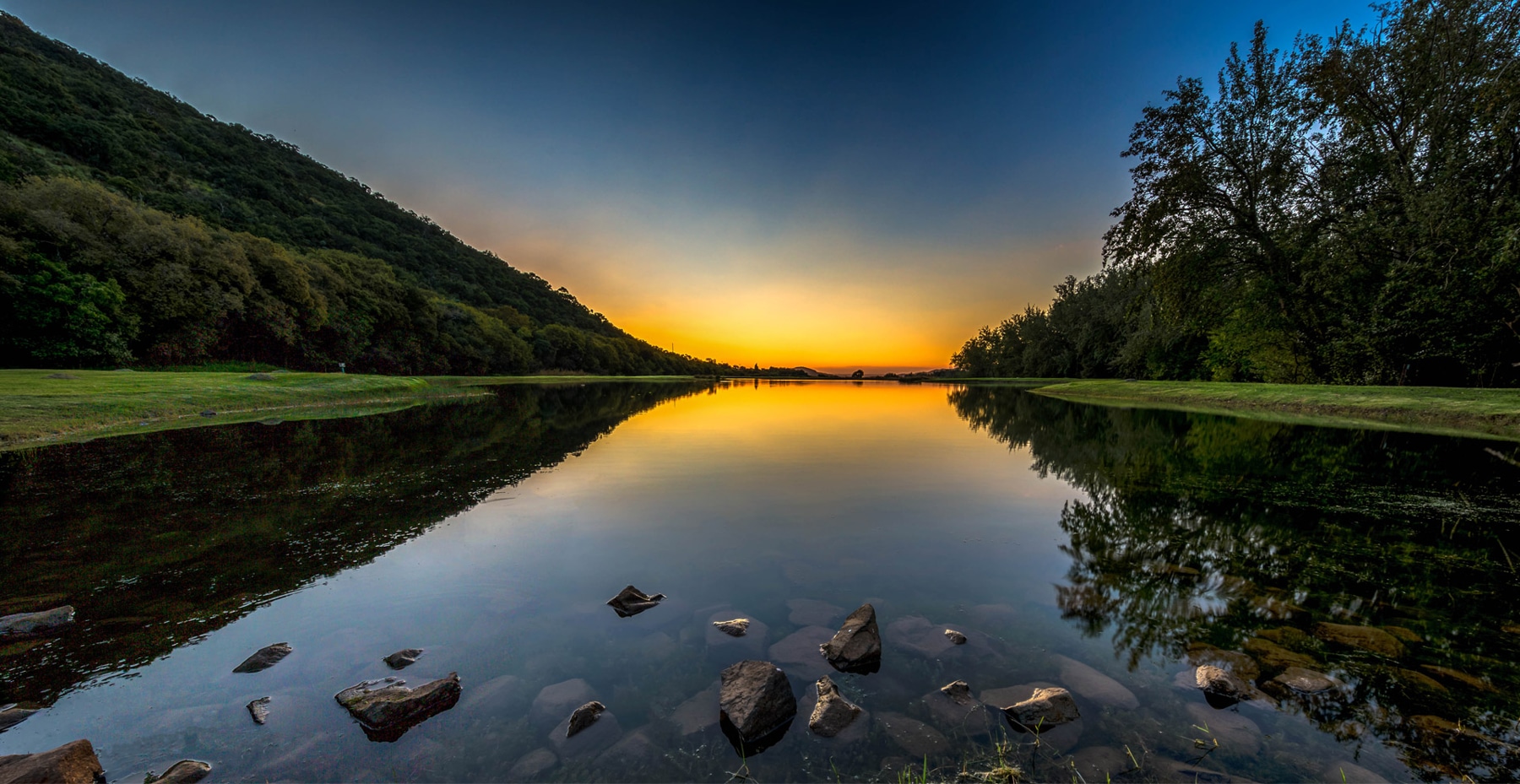
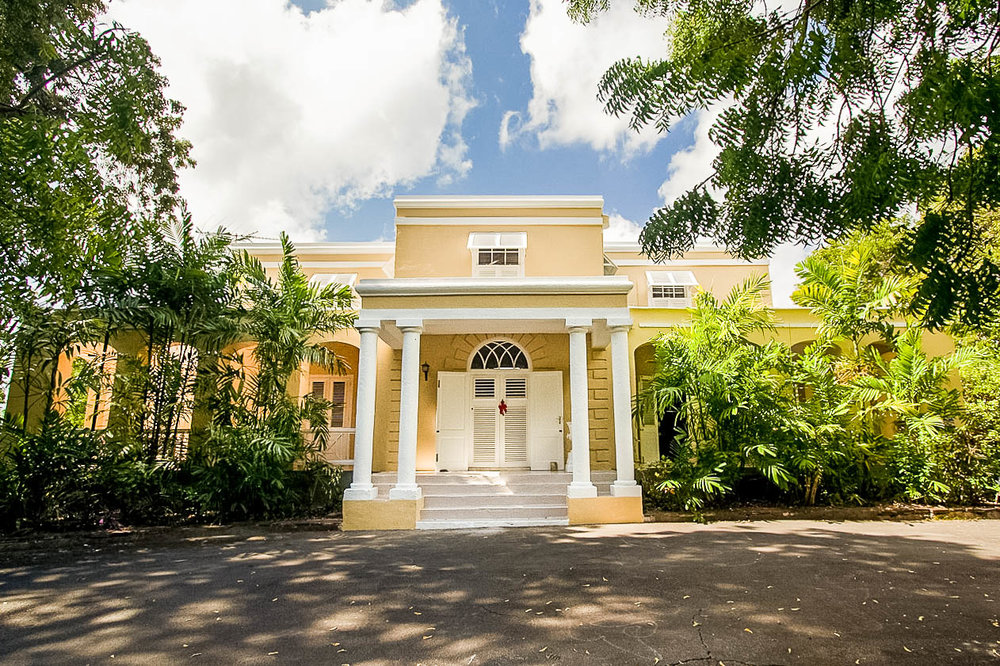
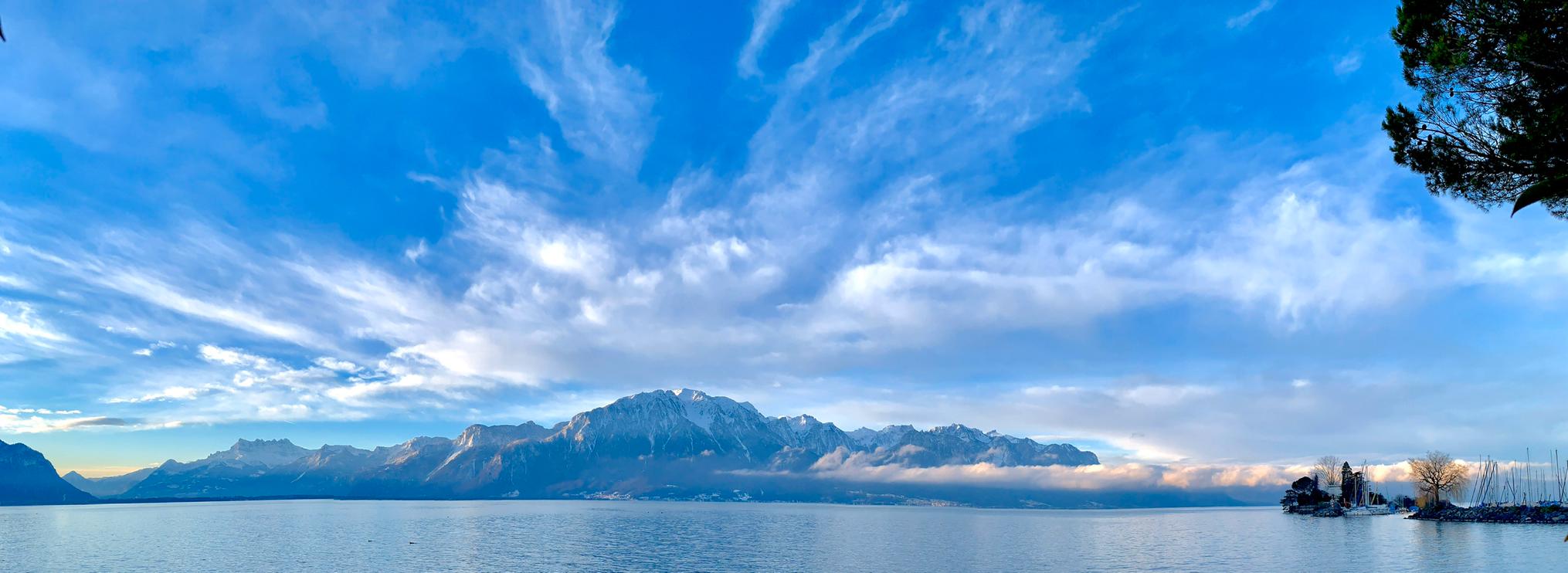
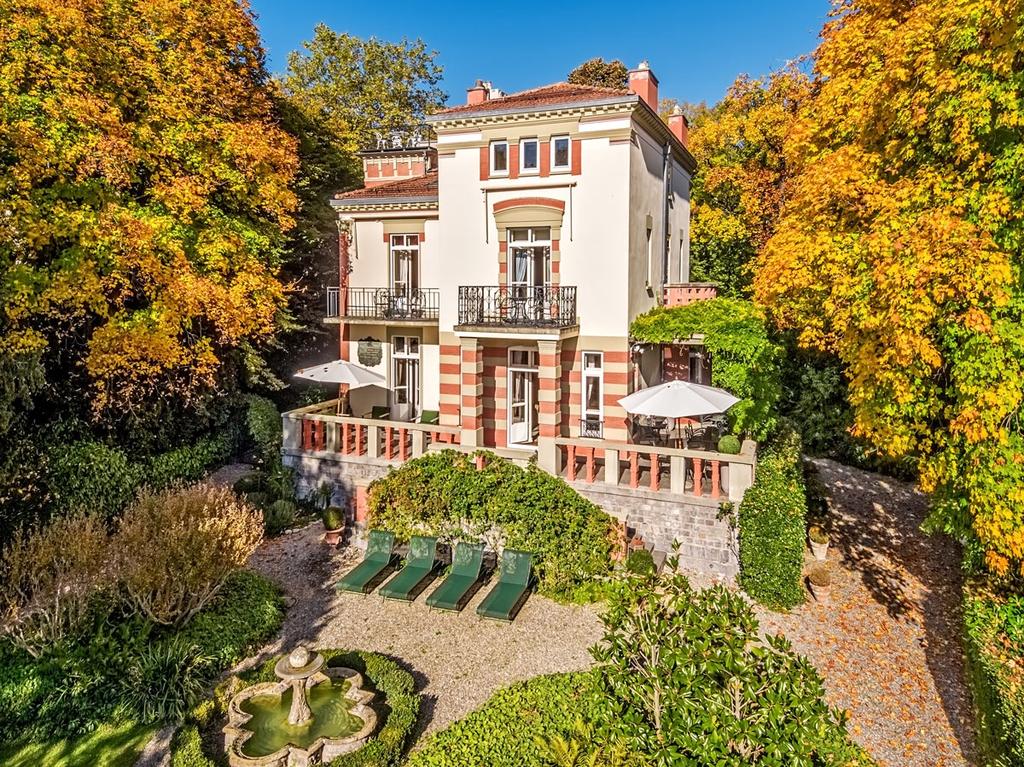
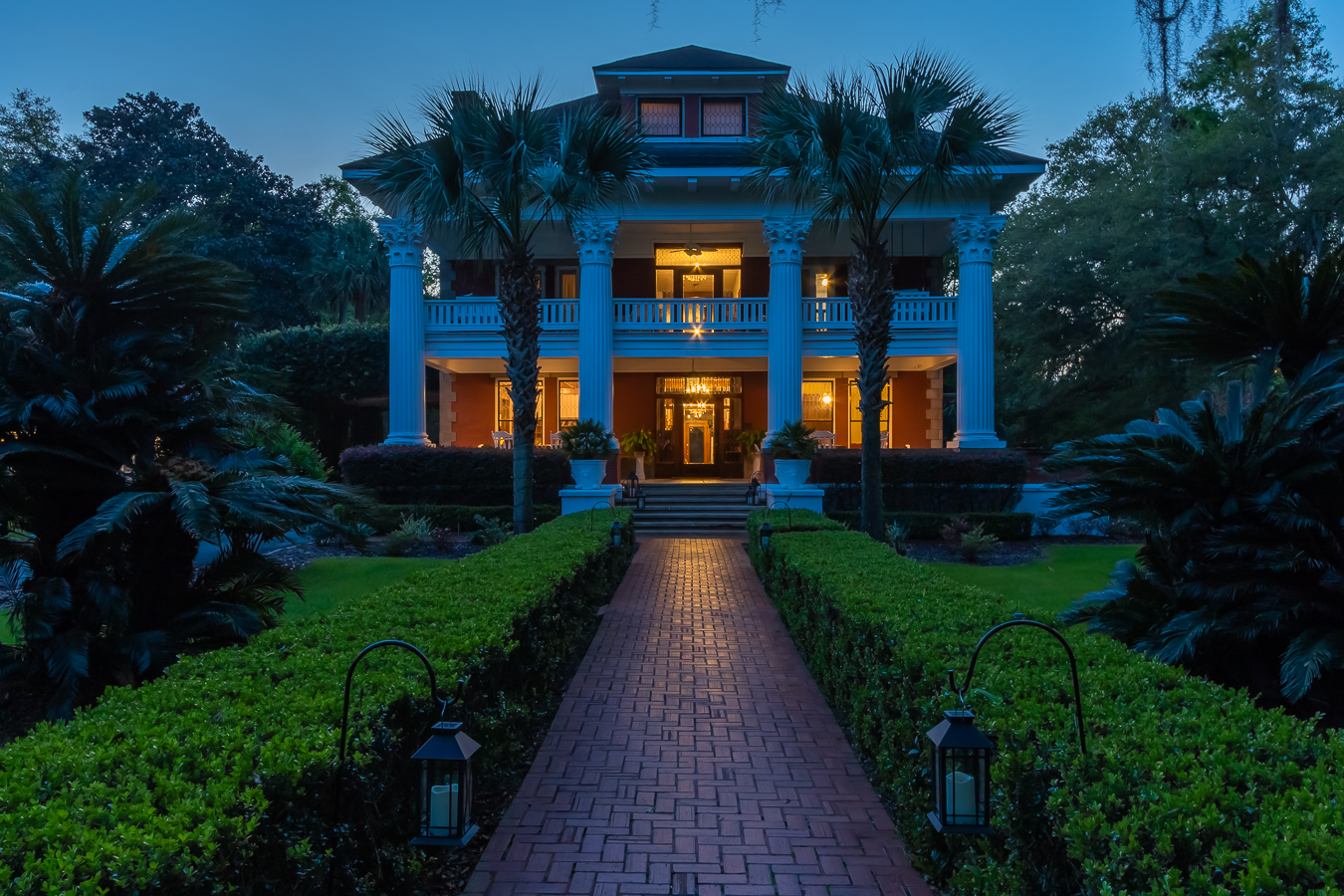
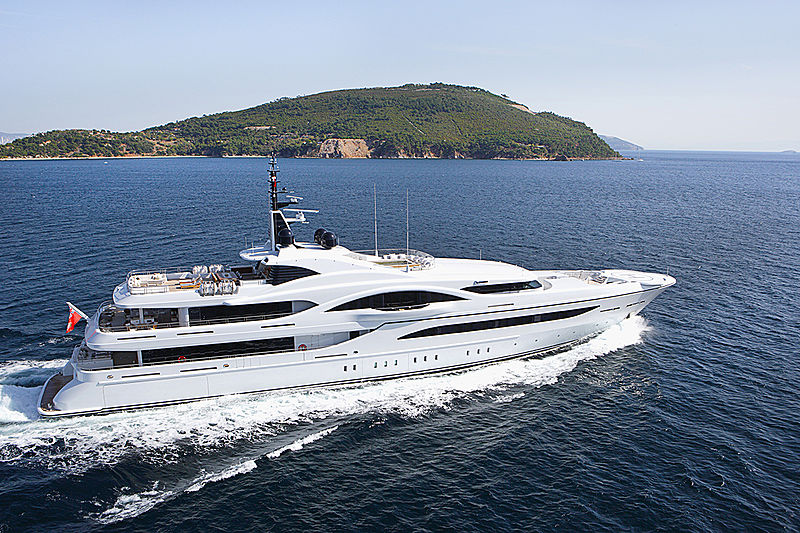
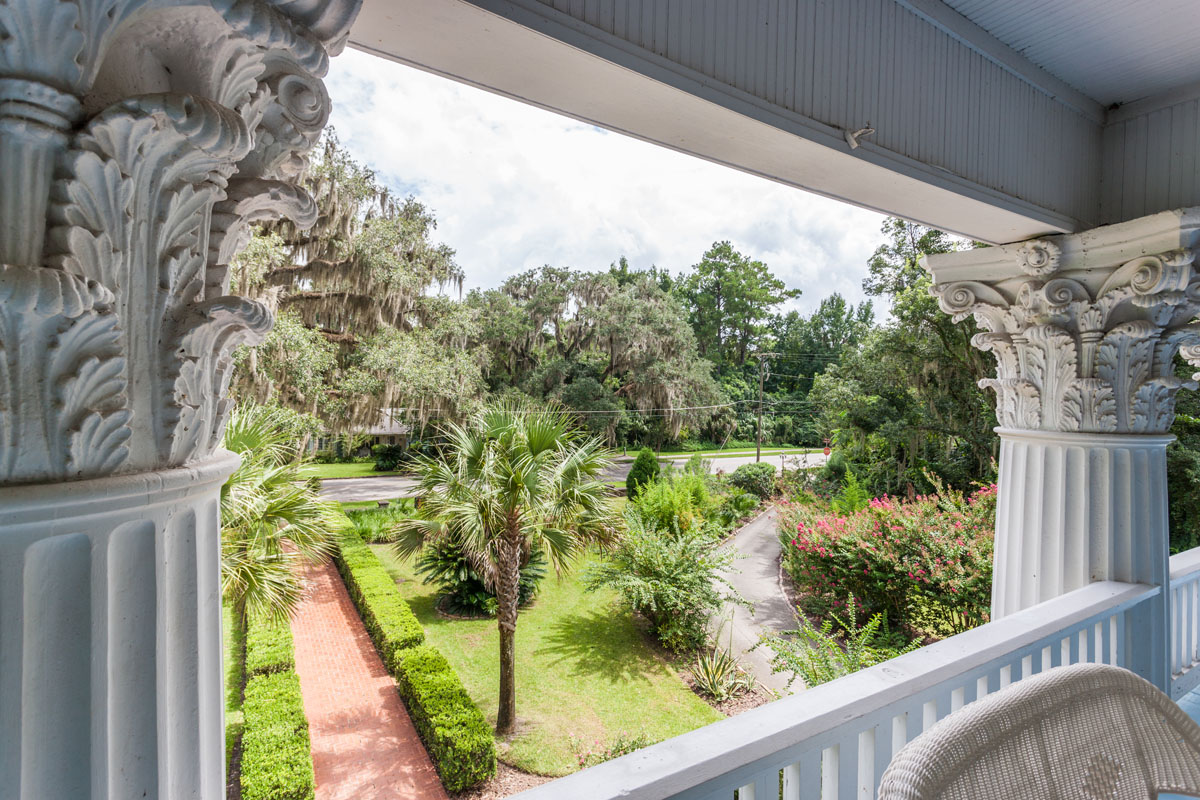
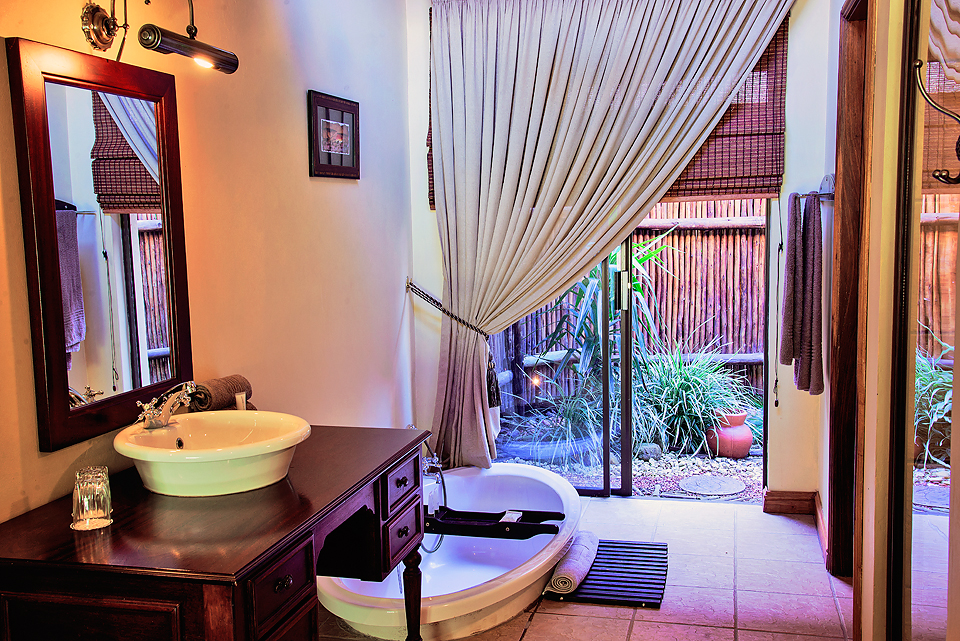
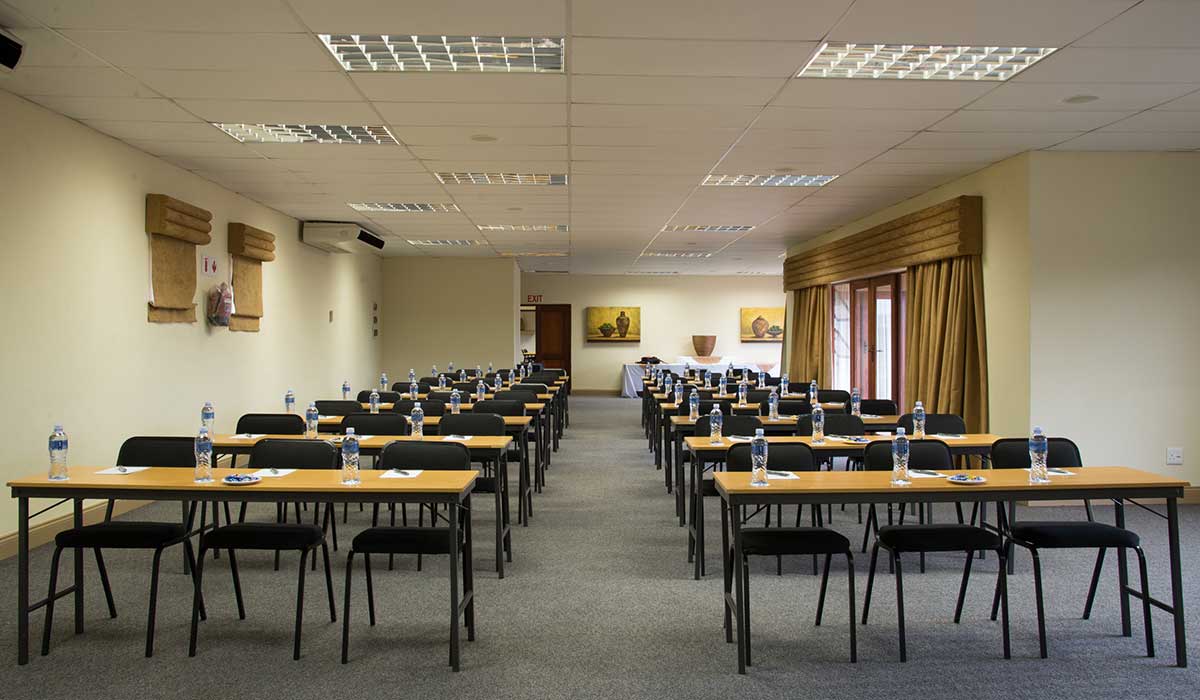
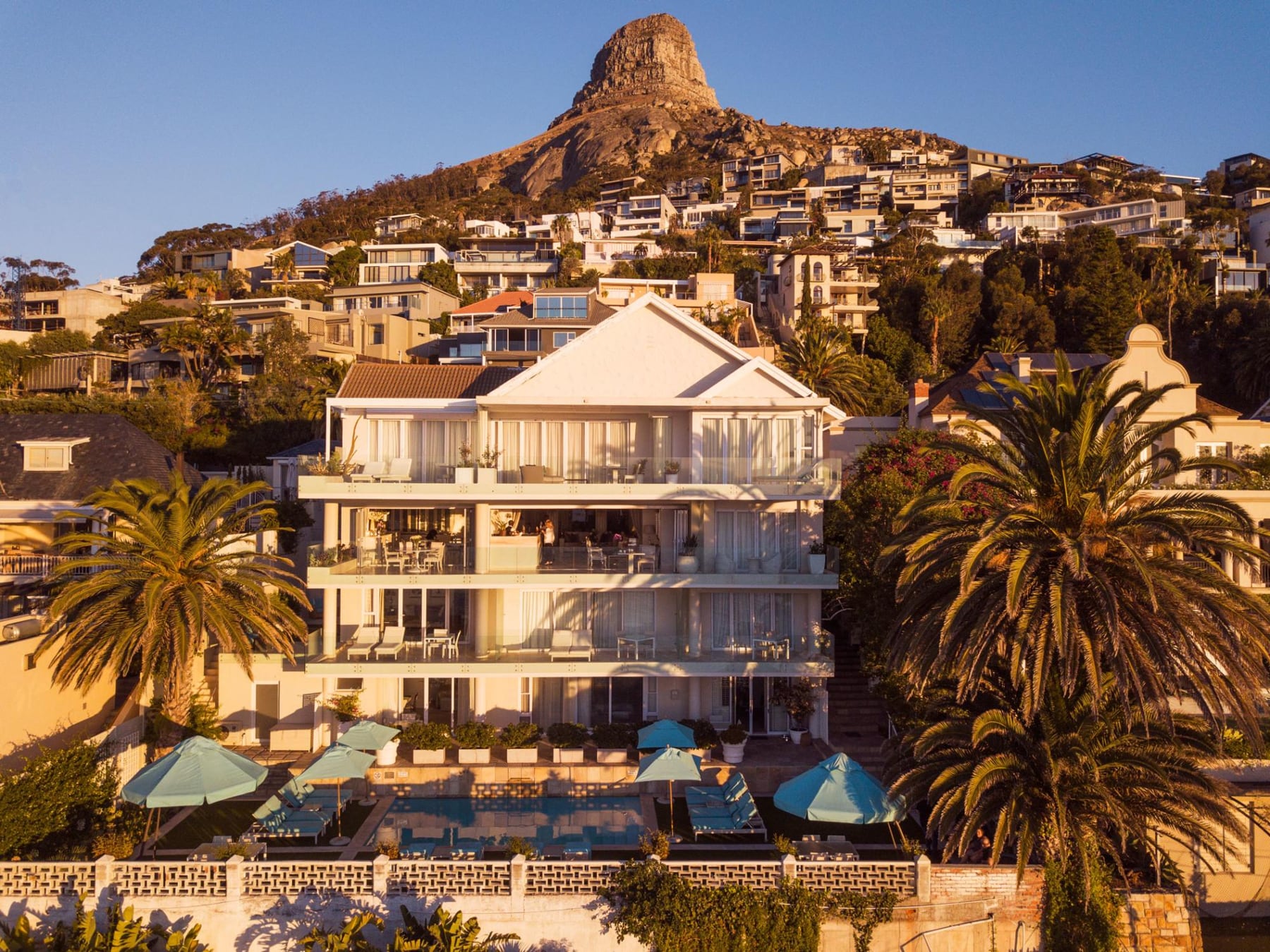
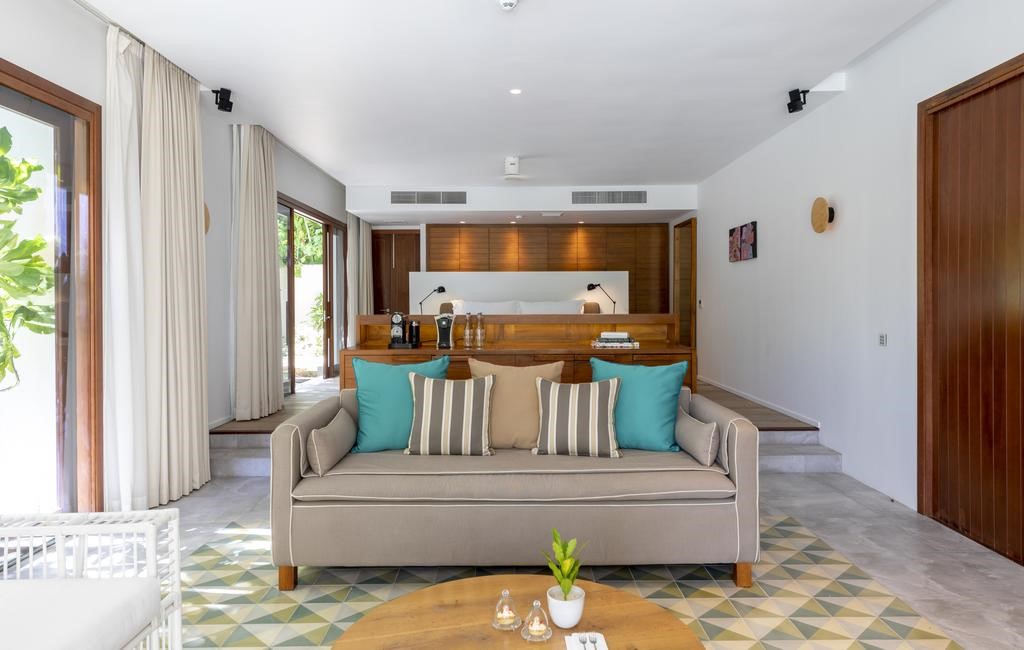
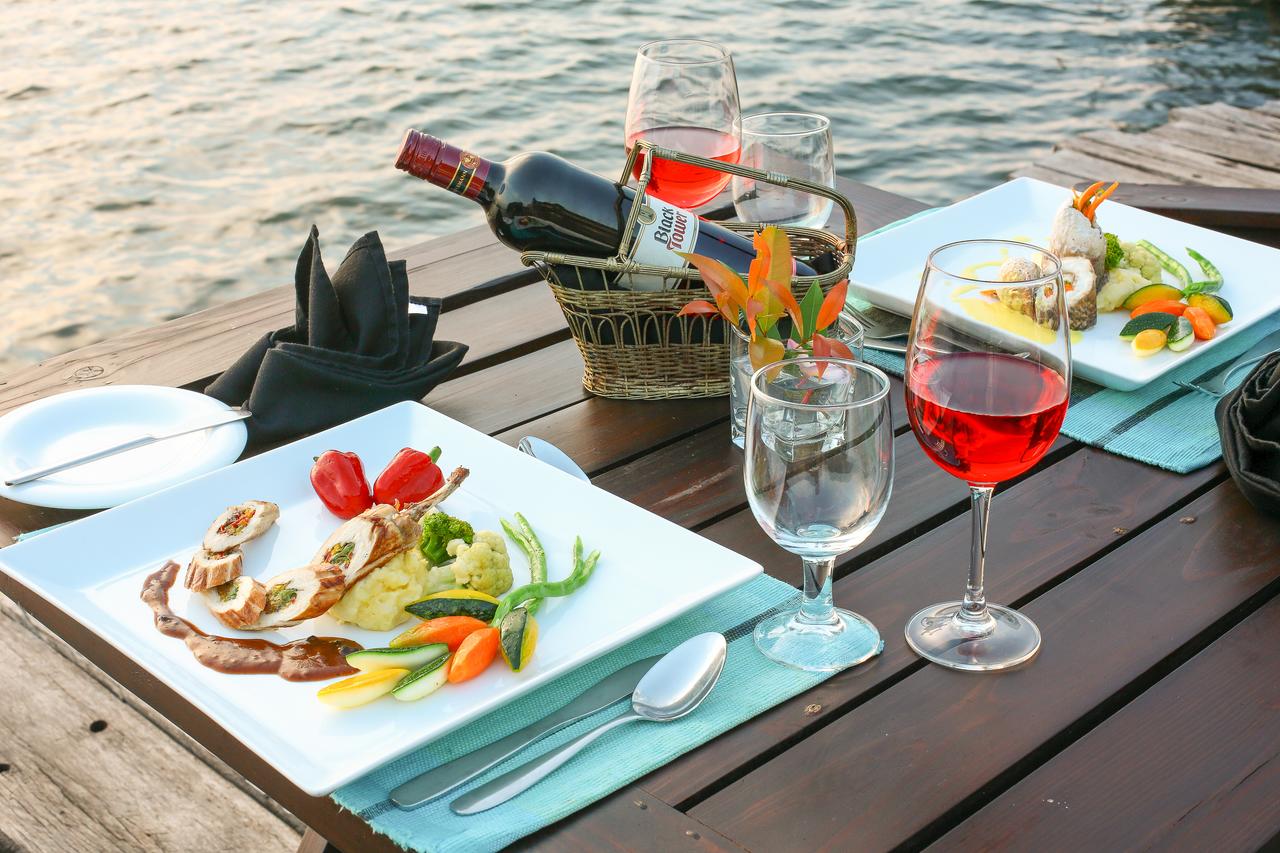
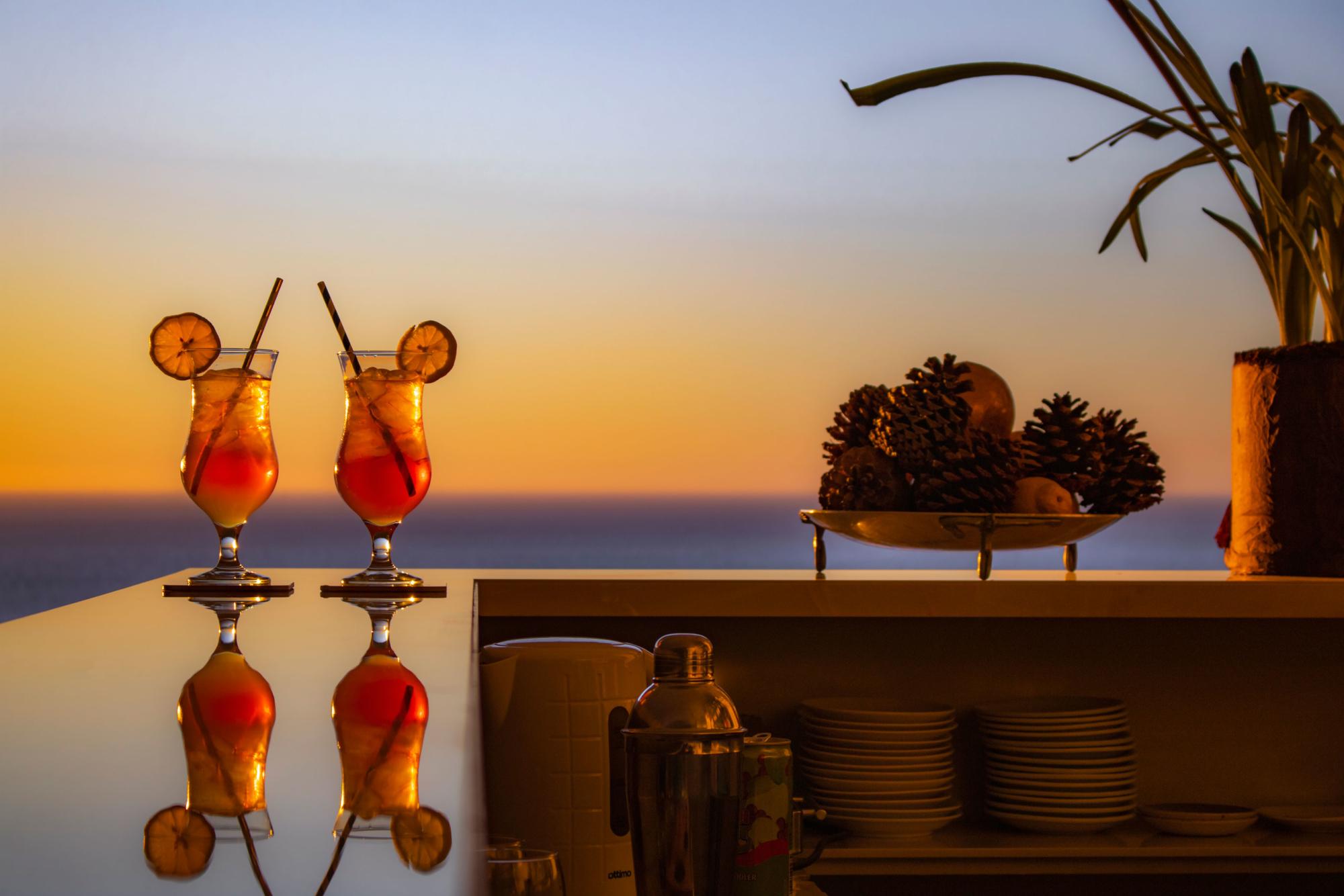
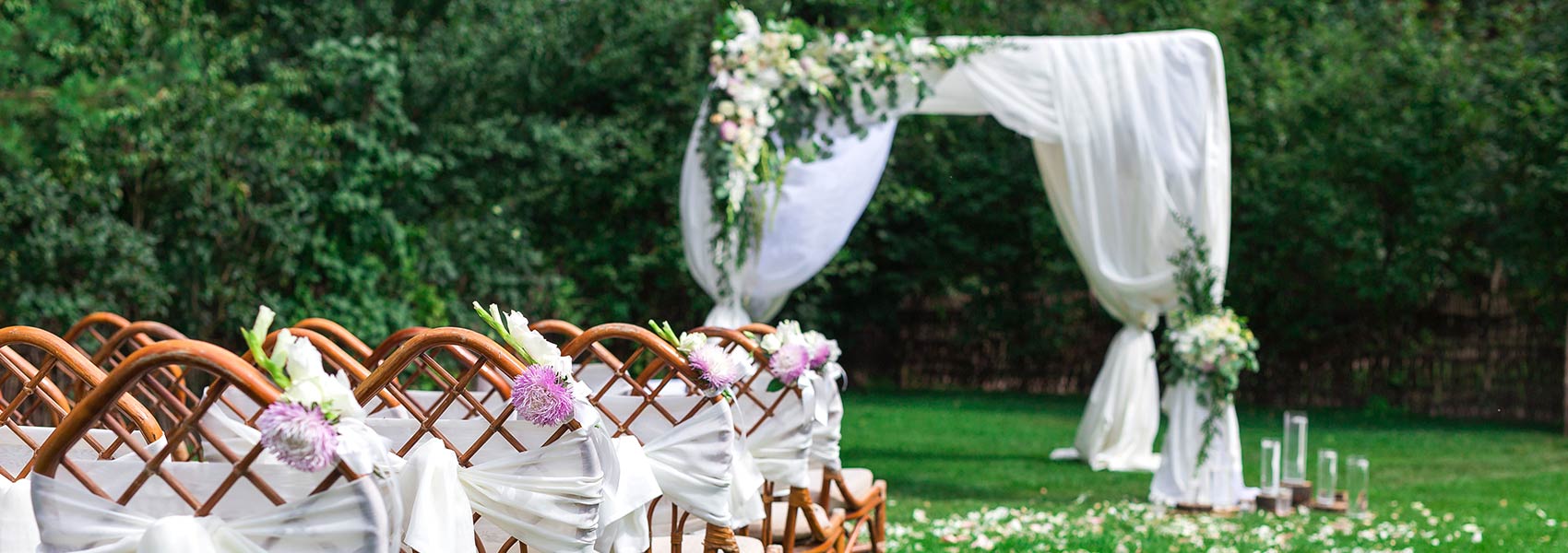
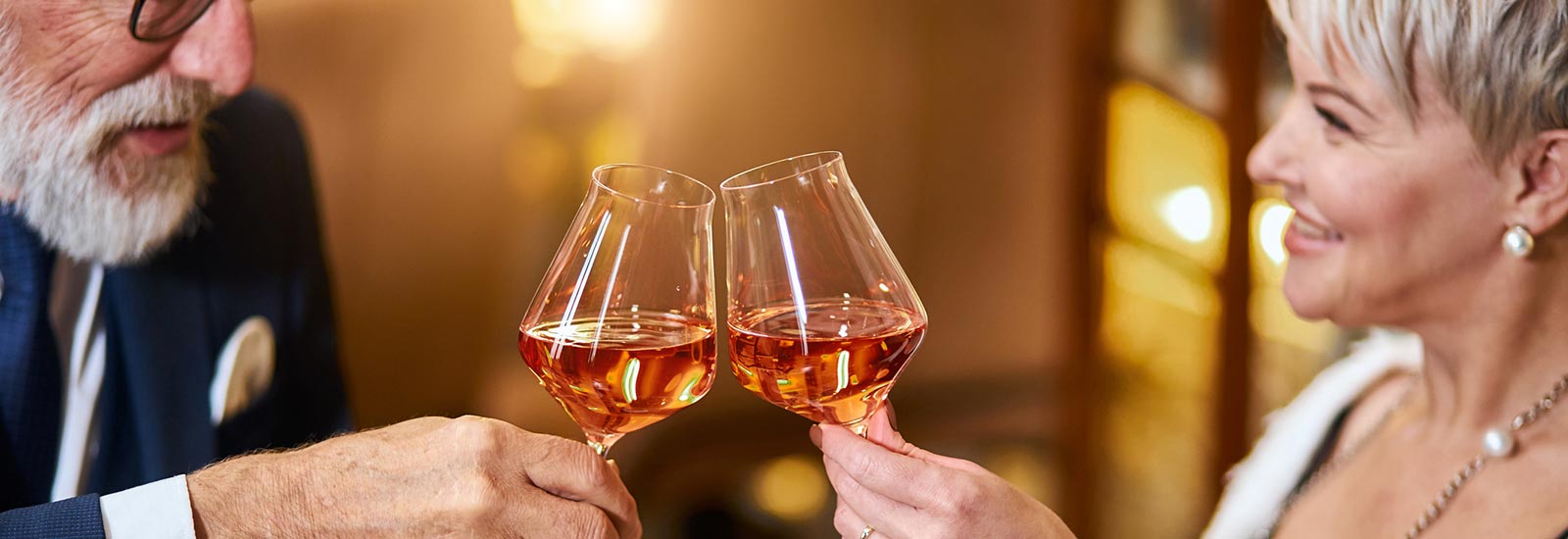
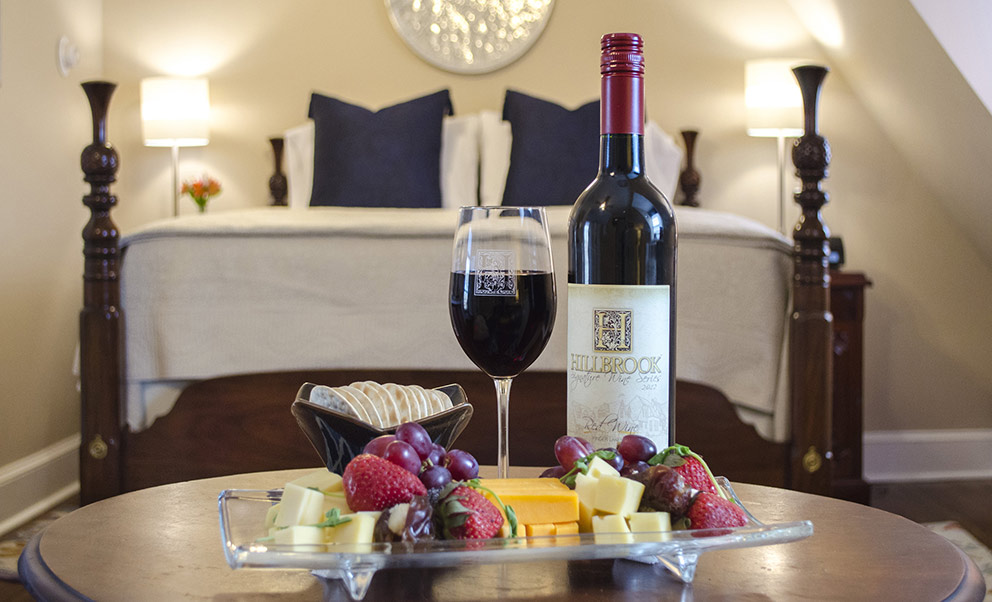

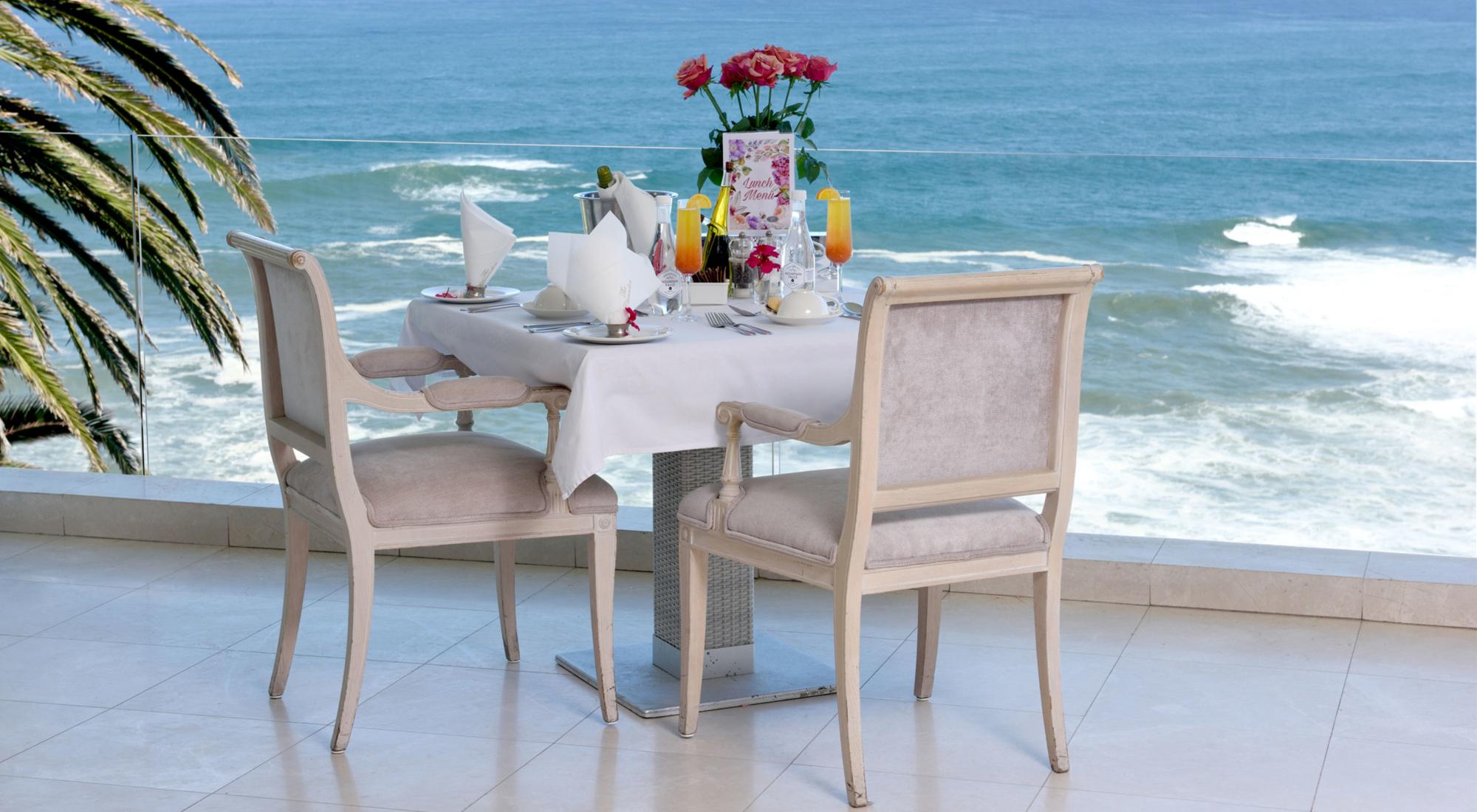


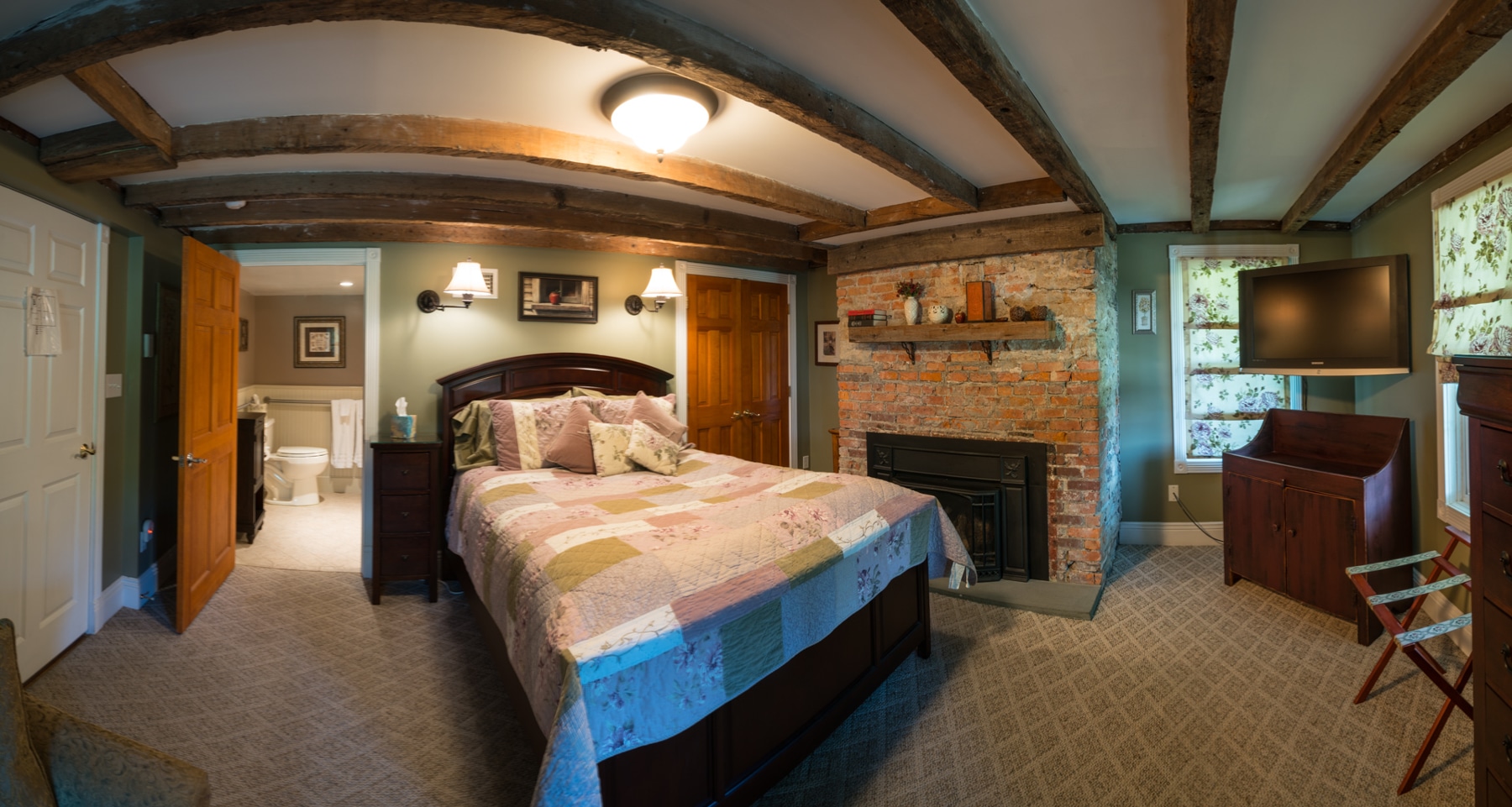
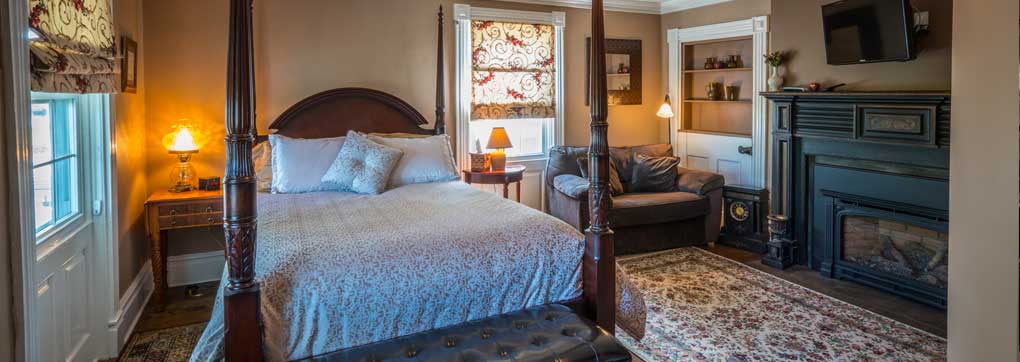
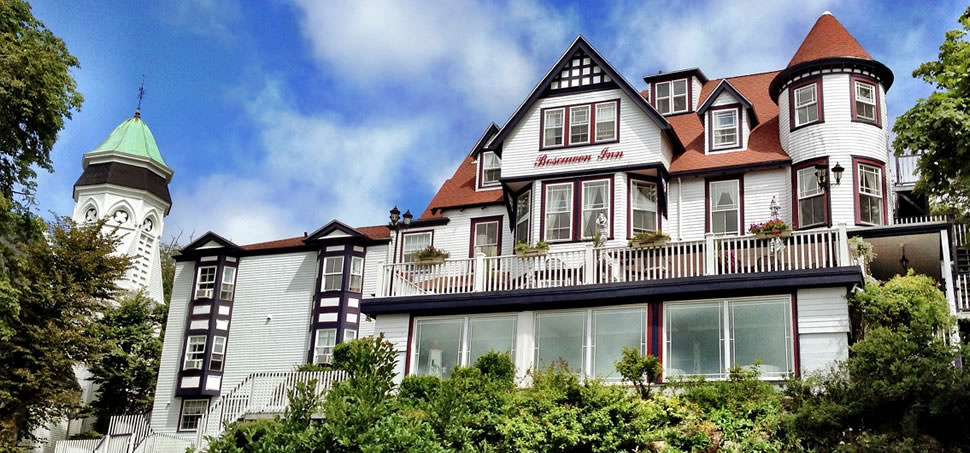
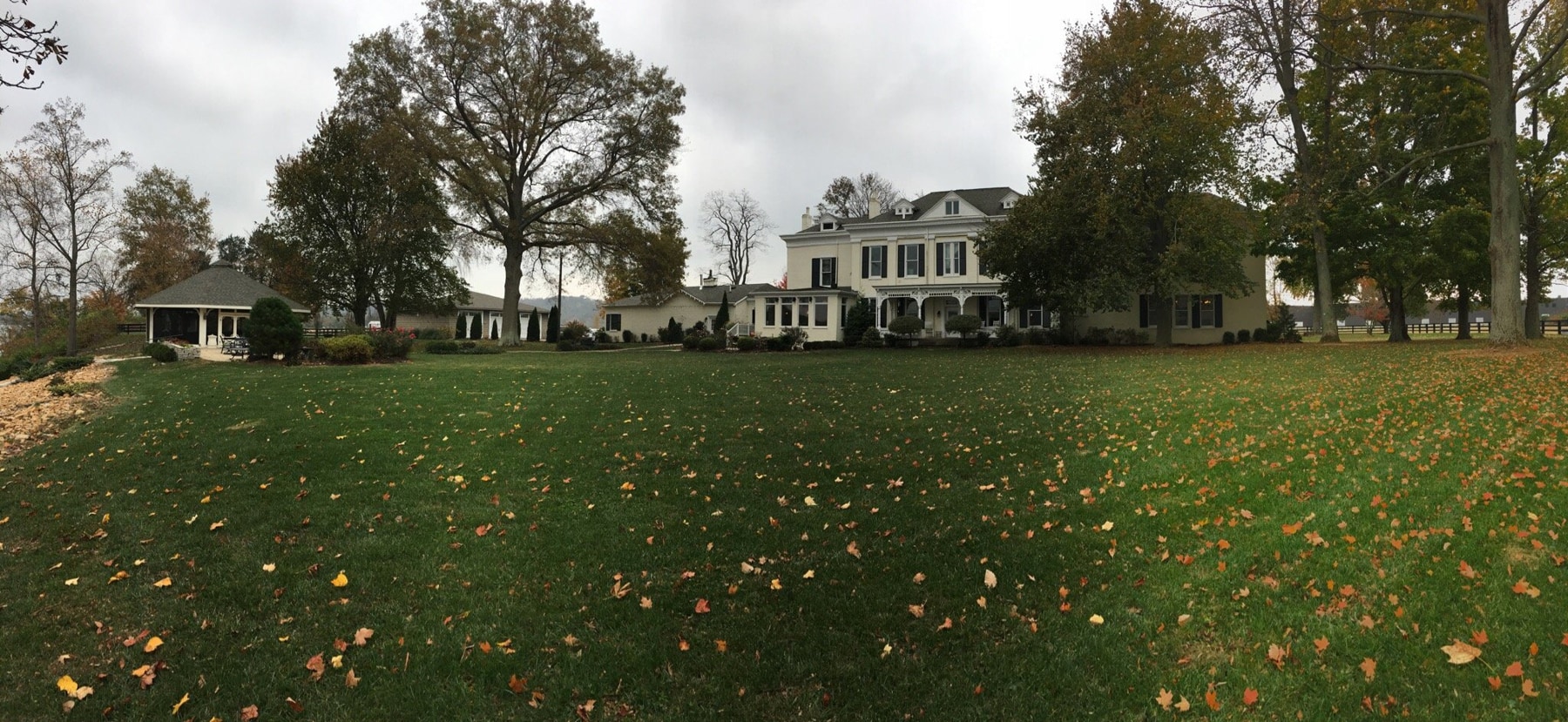

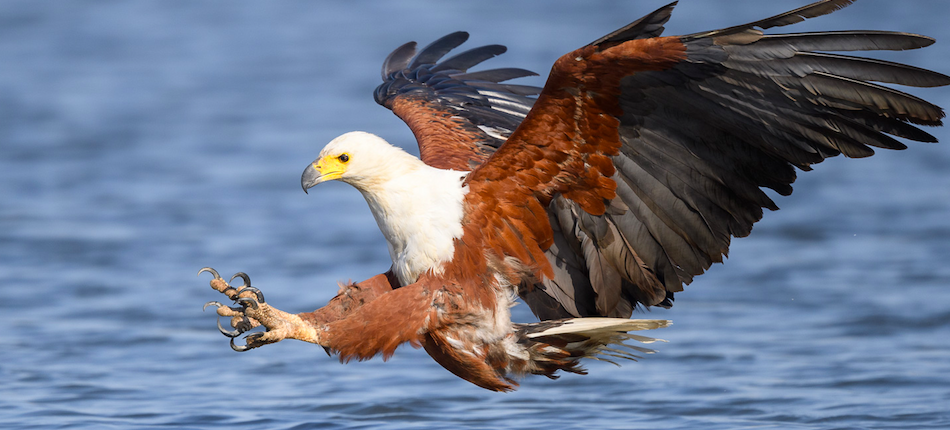
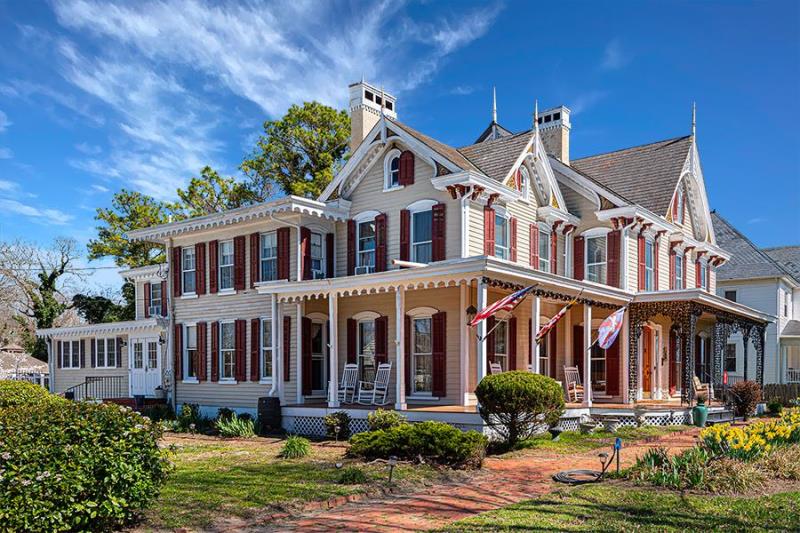
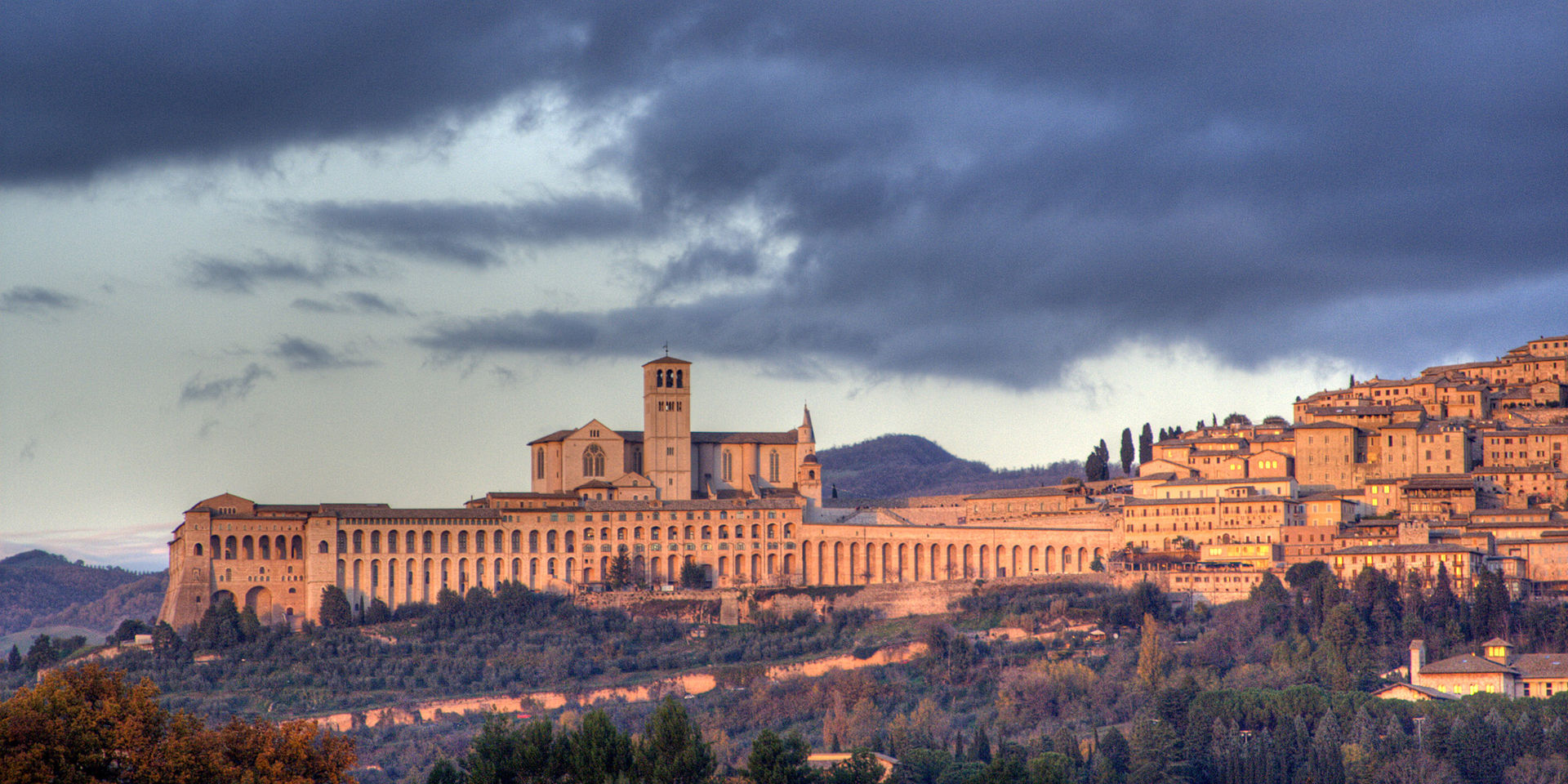
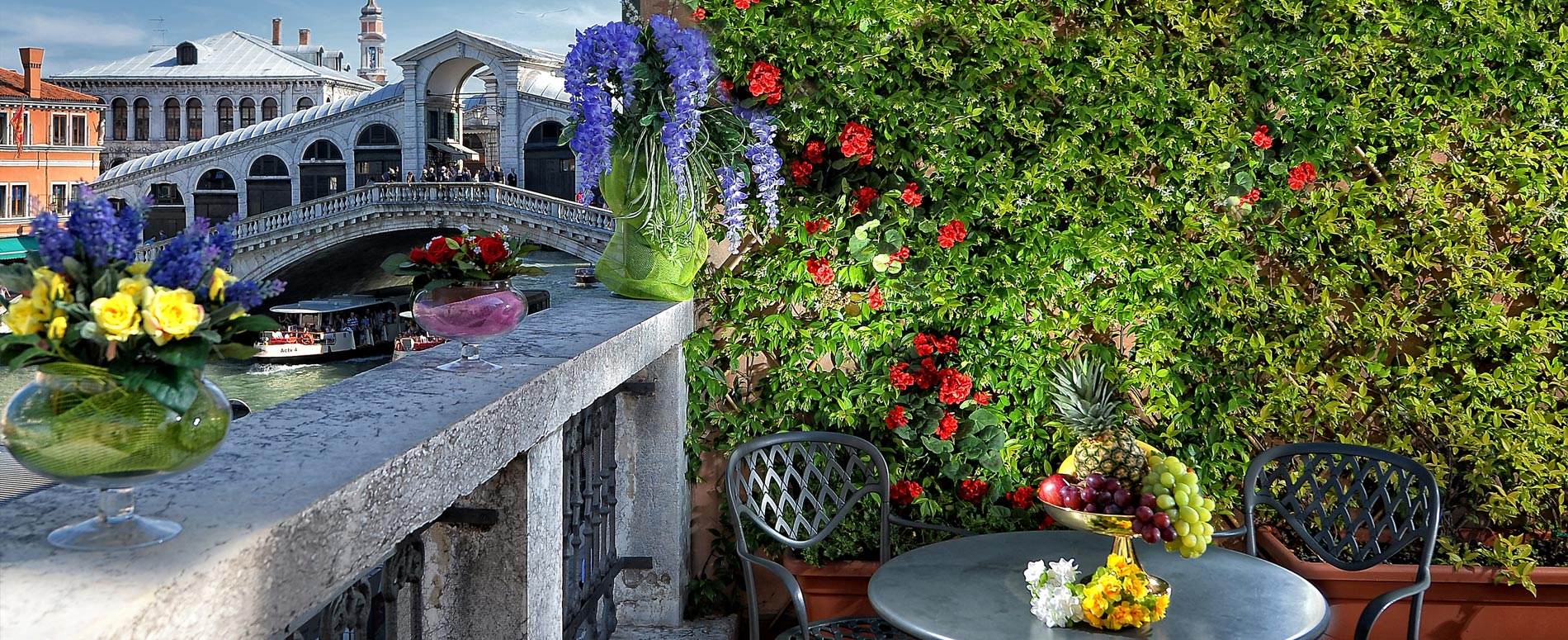
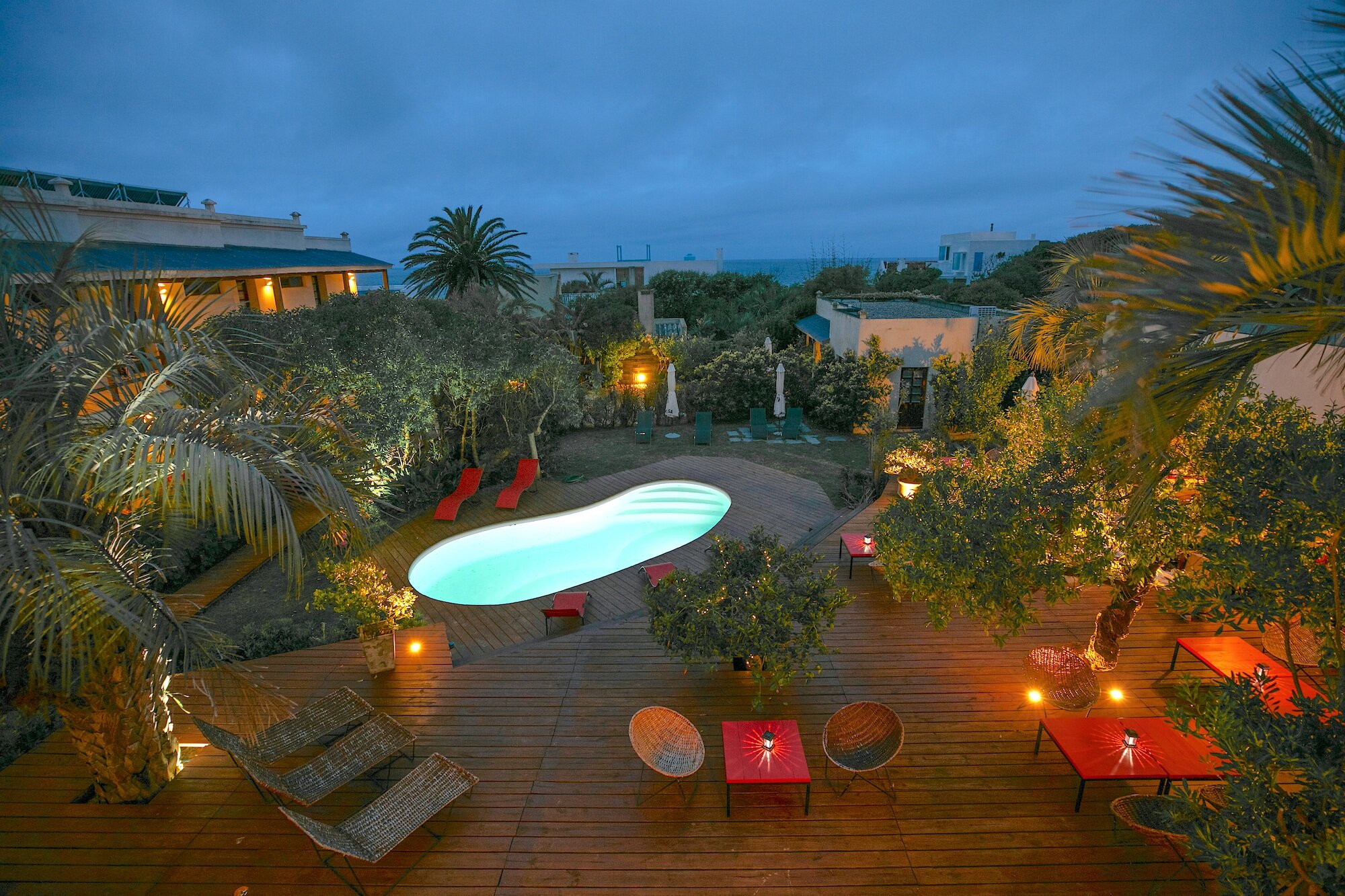
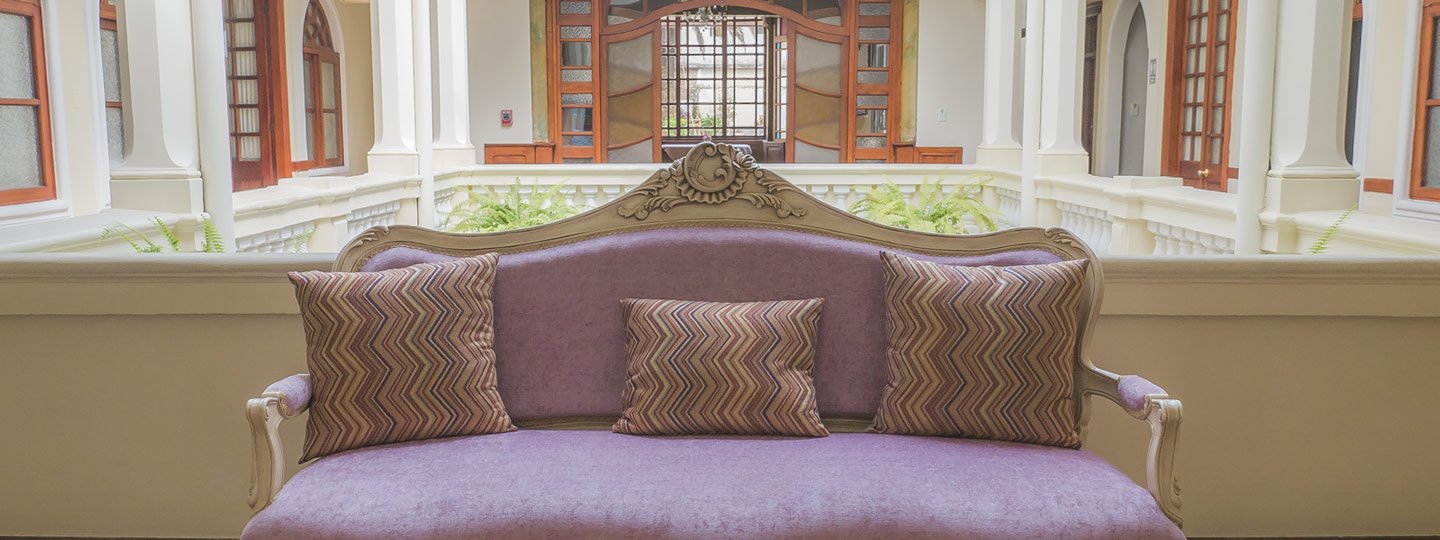
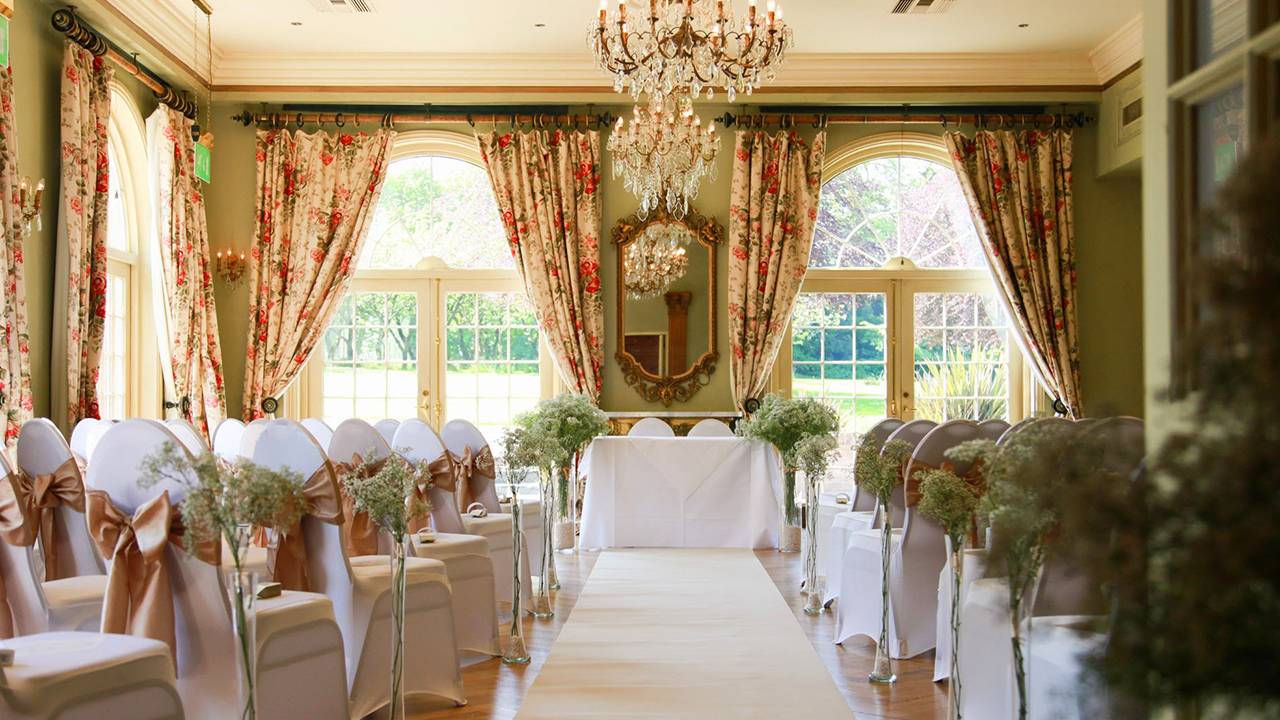
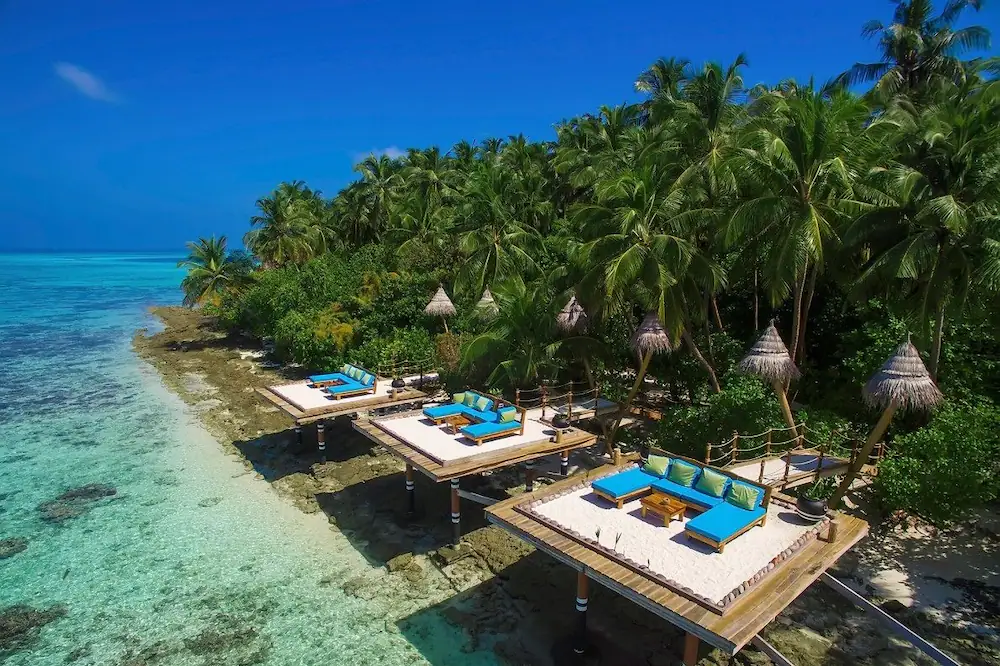
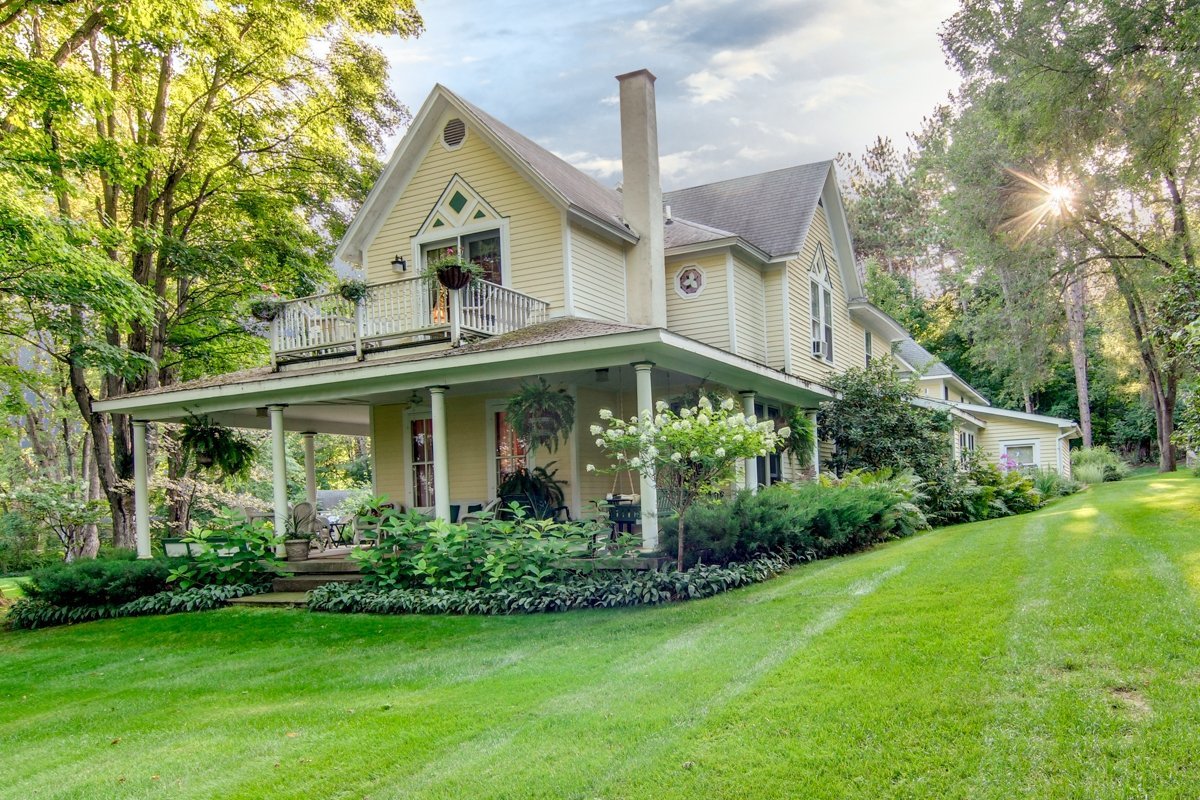
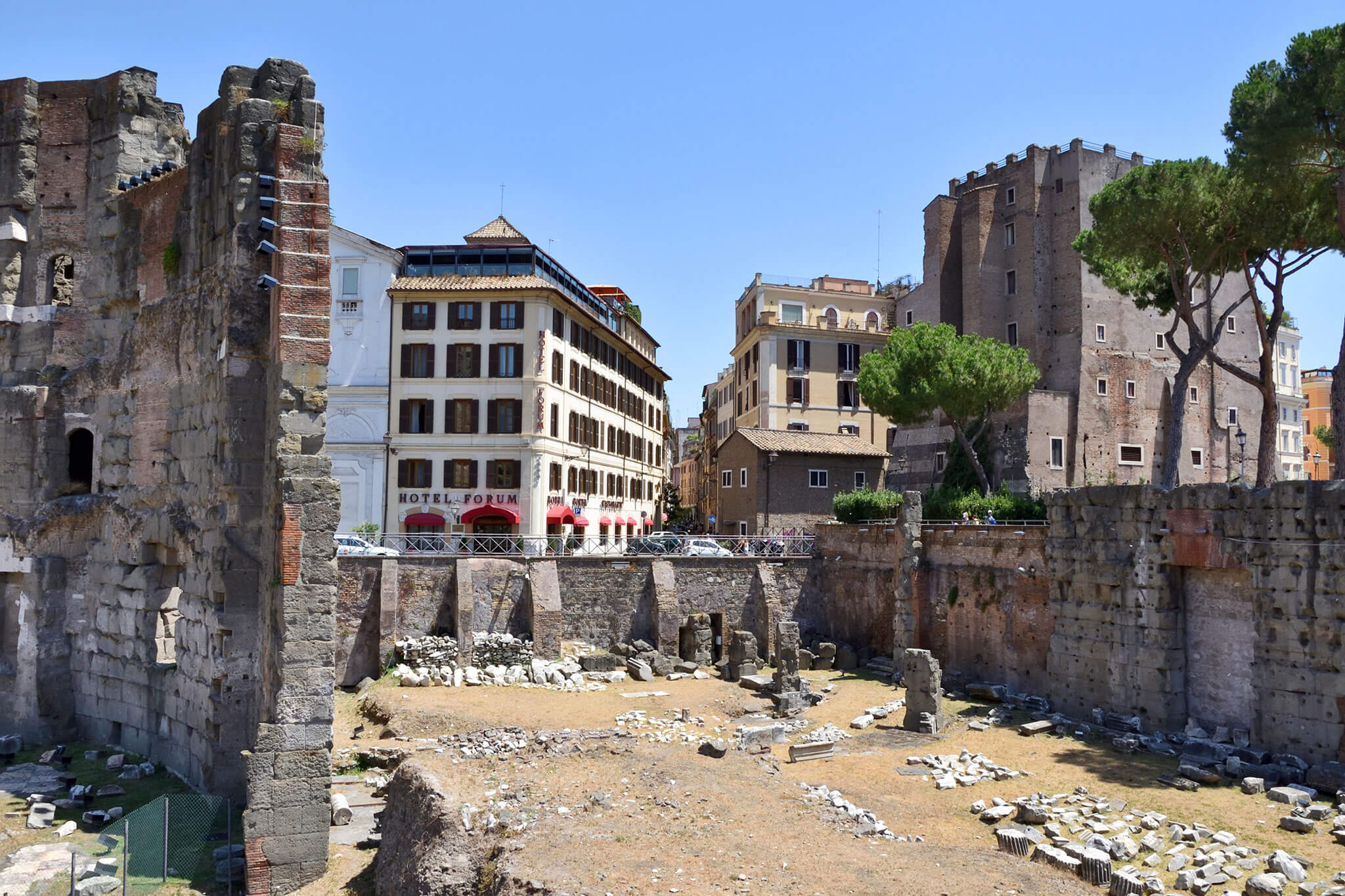
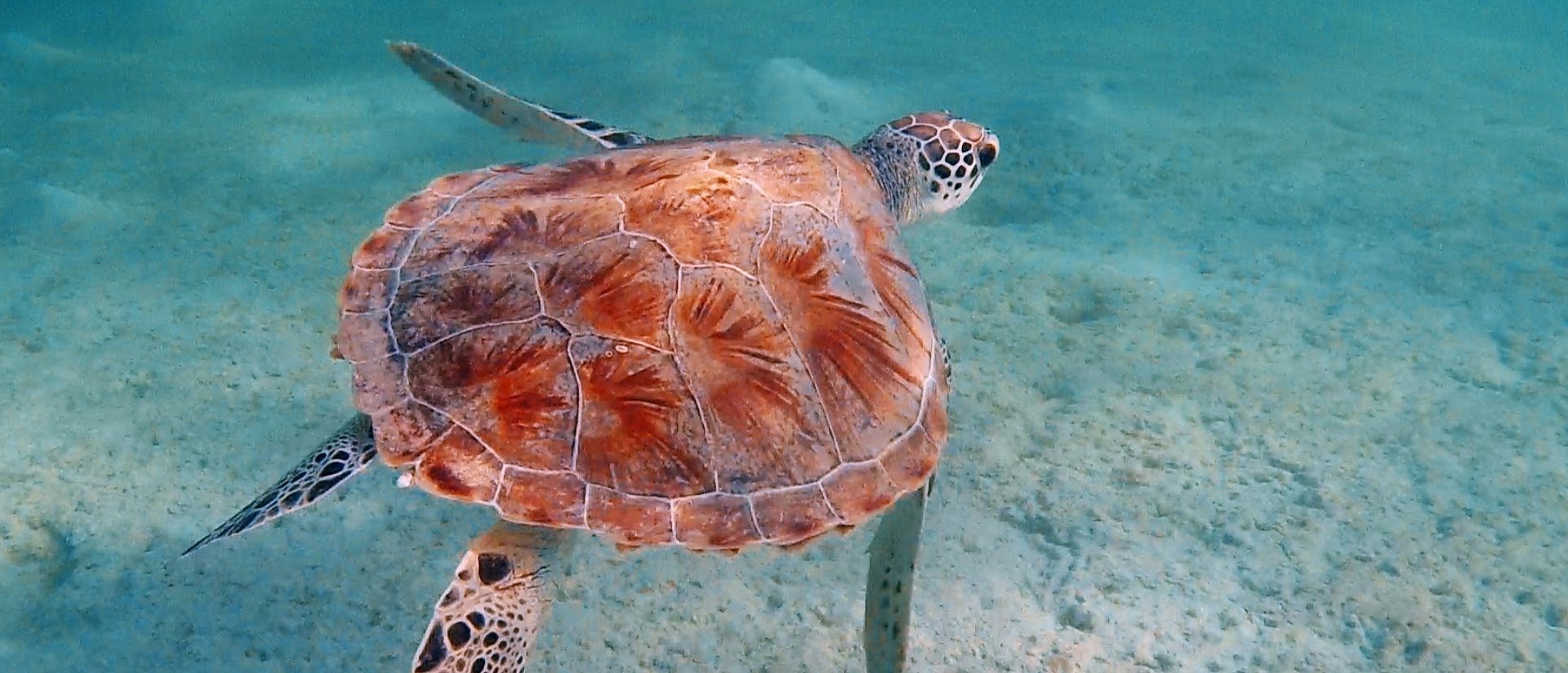
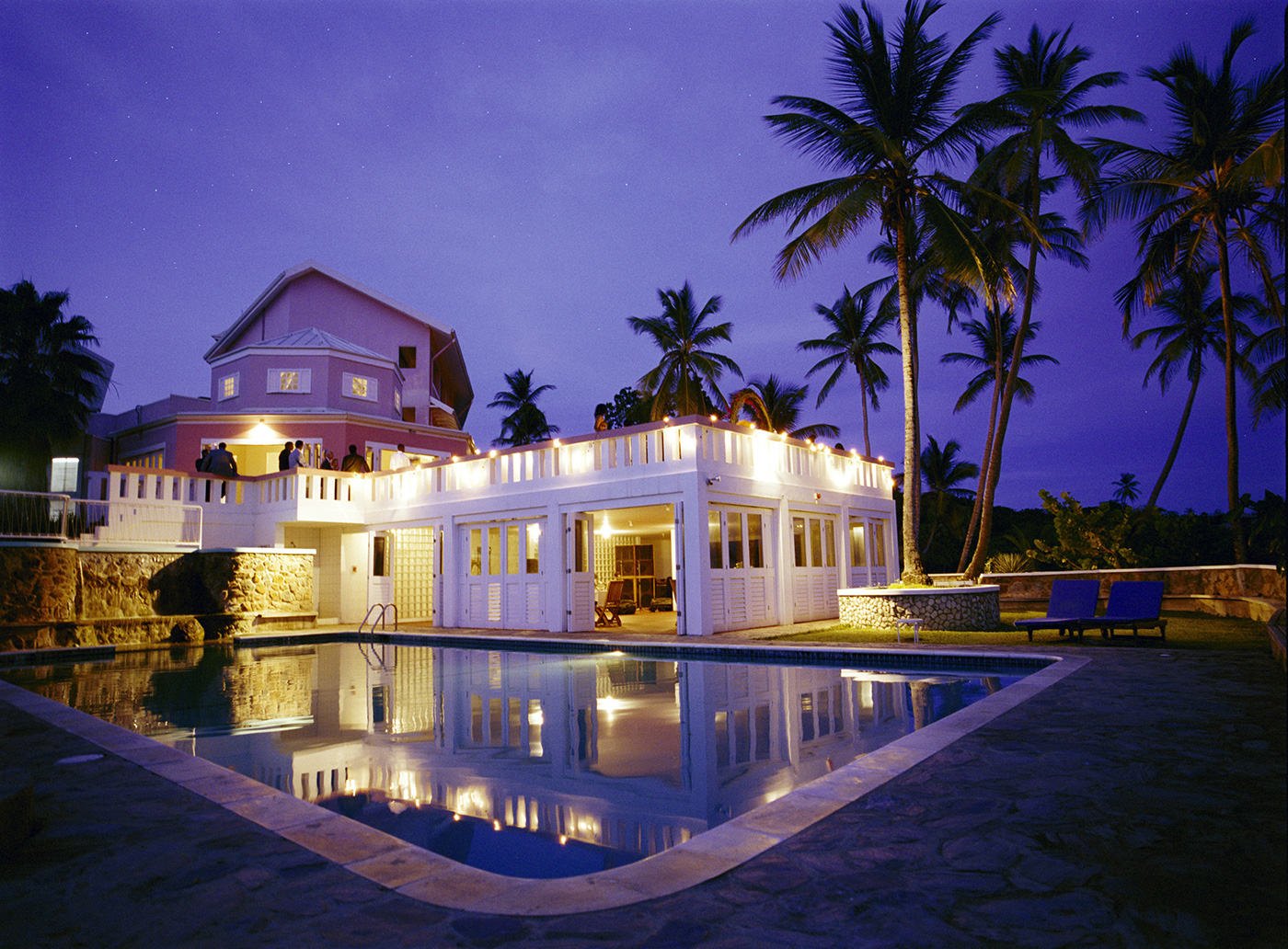
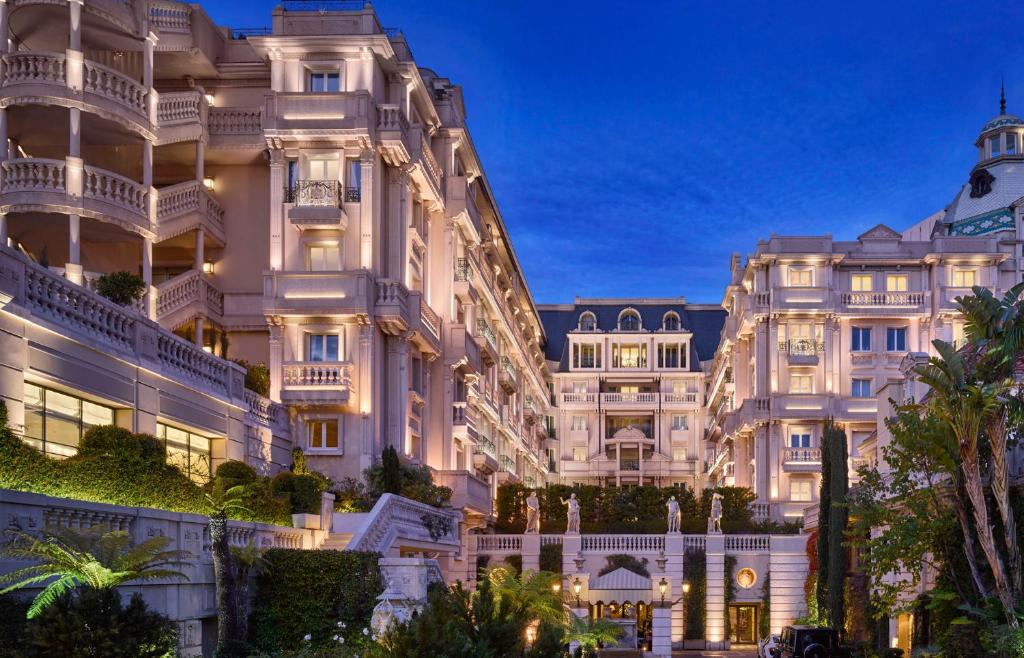
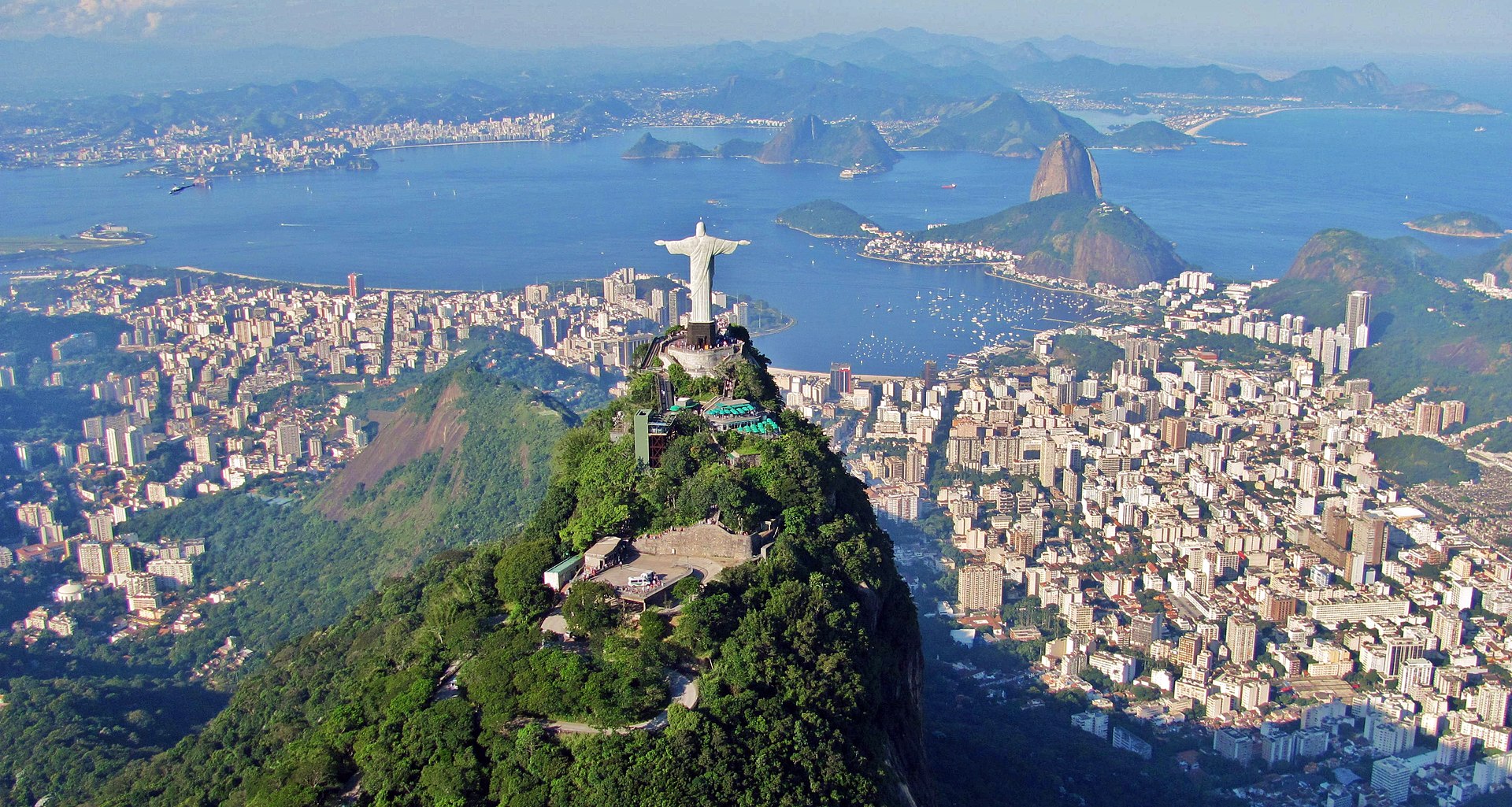
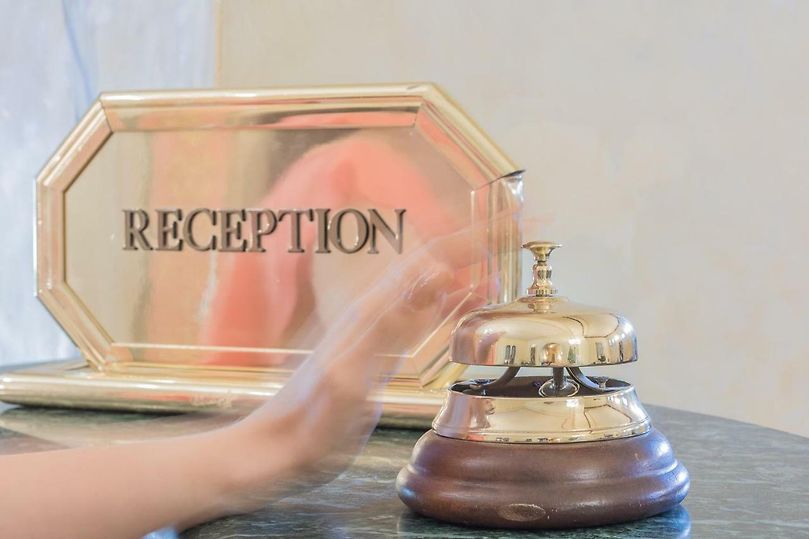
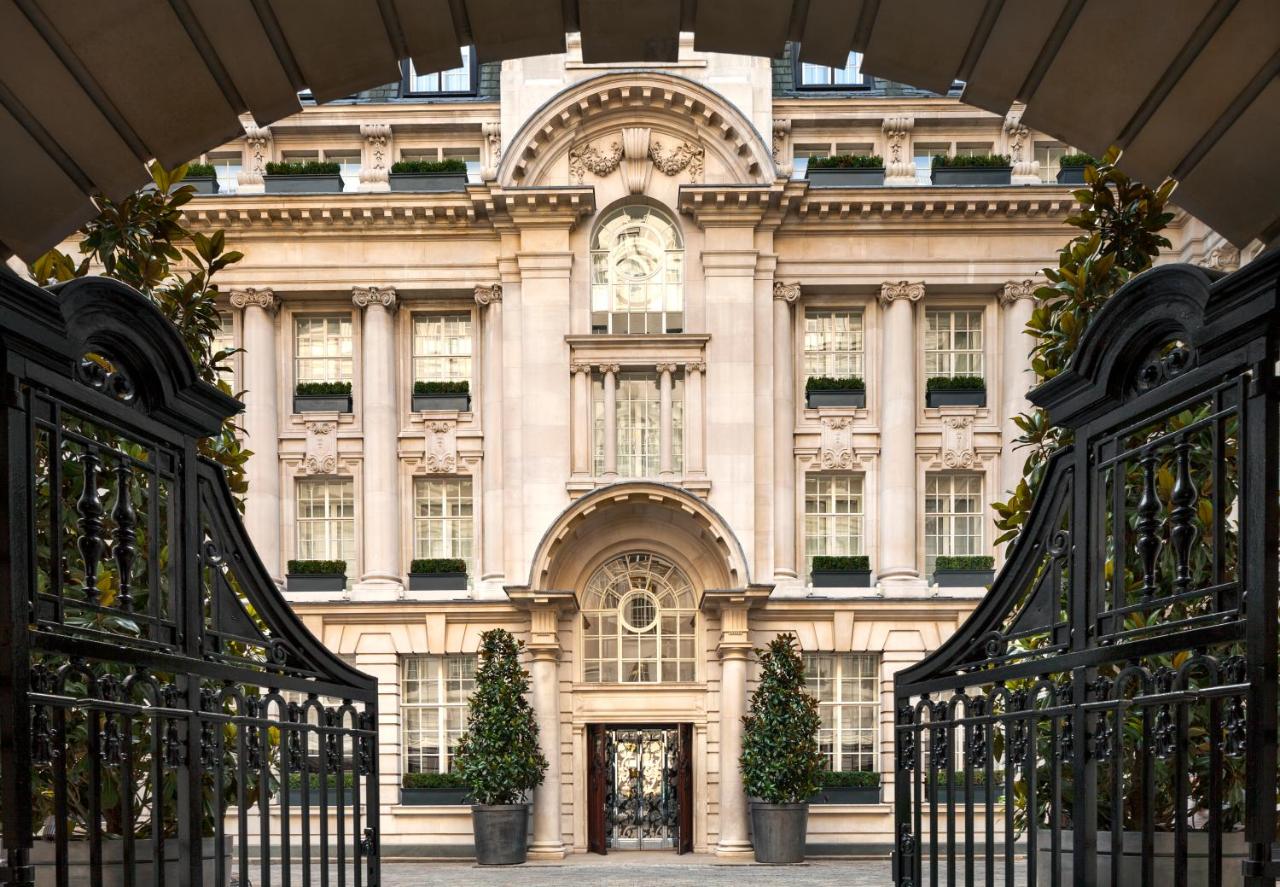

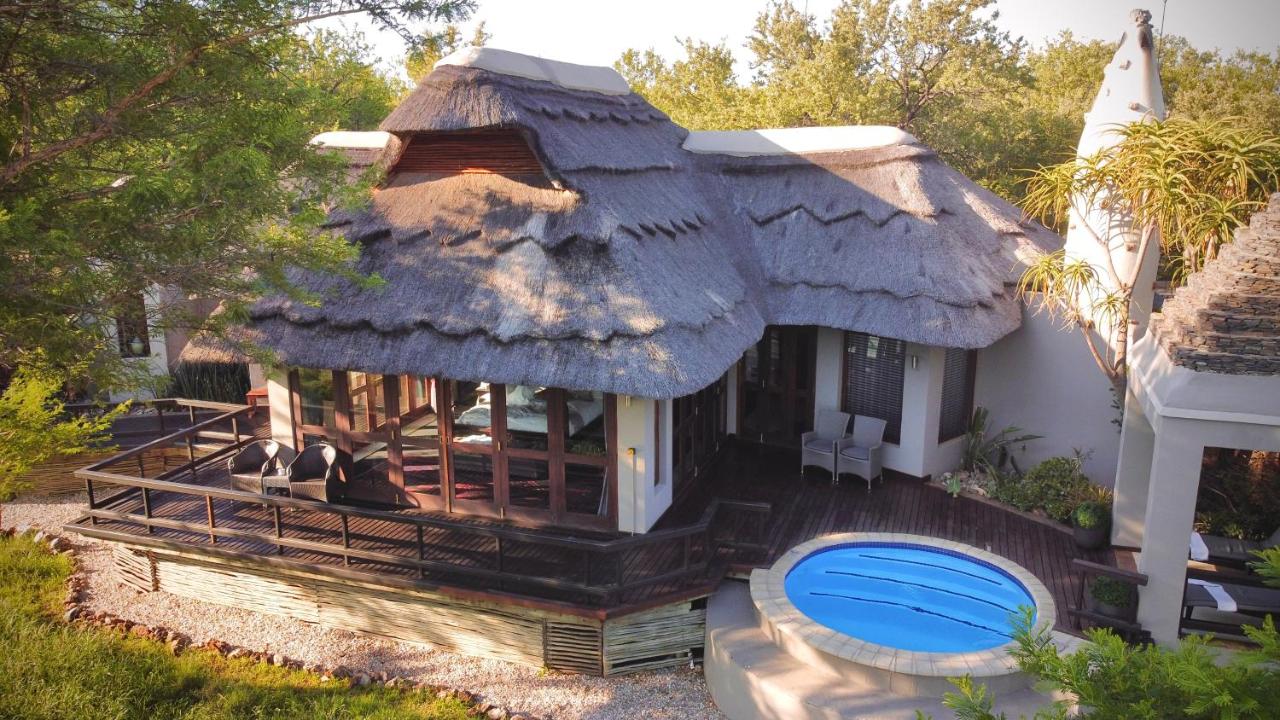



 Name: BondExcel
Name: BondExcel  Name: Businessentials For Hospitality
Name: Businessentials For Hospitality  Name: Capital Efficiency Group
Name: Capital Efficiency Group  Name: D E I R D R E R E N N I E R S Interior Design
Name: D E I R D R E R E N N I E R S Interior Design 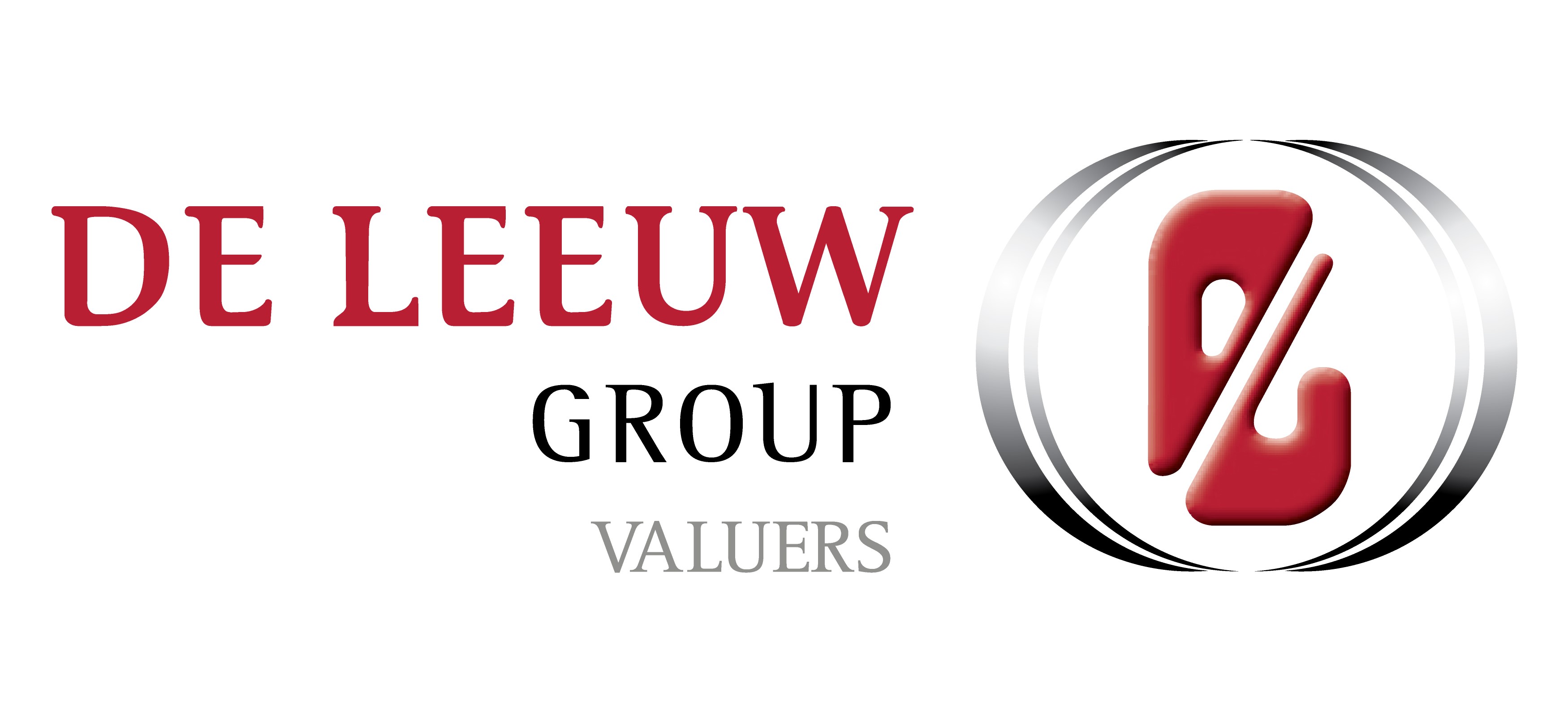 Name: De Leeuw Valuers Cape Town
Name: De Leeuw Valuers Cape Town 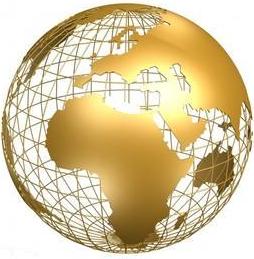 Name: E C Mobility
Name: E C Mobility  Name: Edward Tokolo Kasete
Name: Edward Tokolo Kasete  Name: Electrolux Professional
Name: Electrolux Professional  Name: Exquisite Hotel Consultants' Hospitality Training Department
Name: Exquisite Hotel Consultants' Hospitality Training Department  Name: FVE Interiors
Name: FVE Interiors 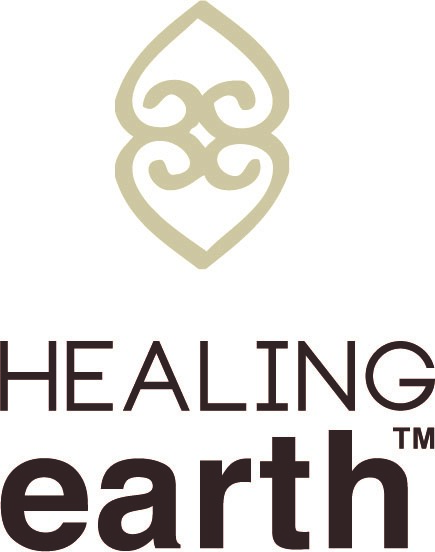 Name: Healing Earth
Name: Healing Earth 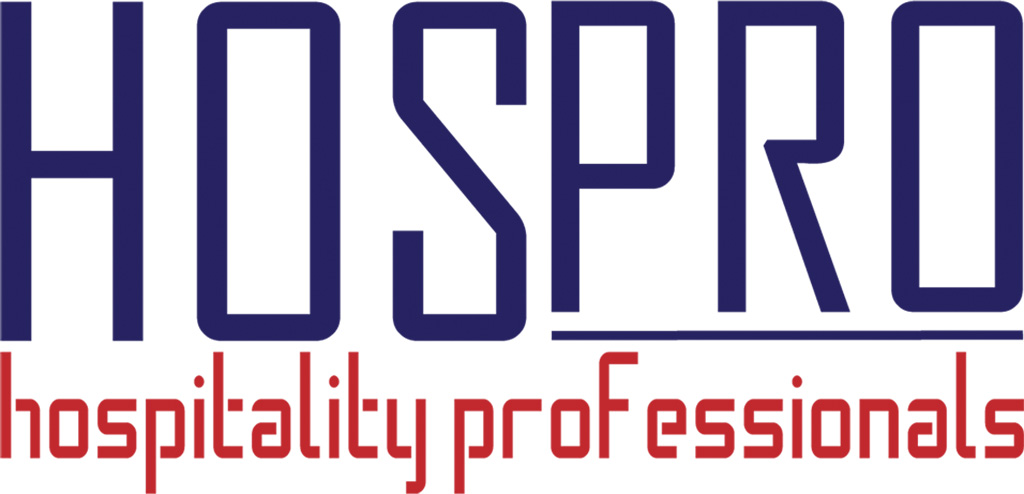 Name: Hospro
Name: Hospro  Name: Hotel Revenue Management
Name: Hotel Revenue Management  Name: Indigo Real Estate Agency
Name: Indigo Real Estate Agency 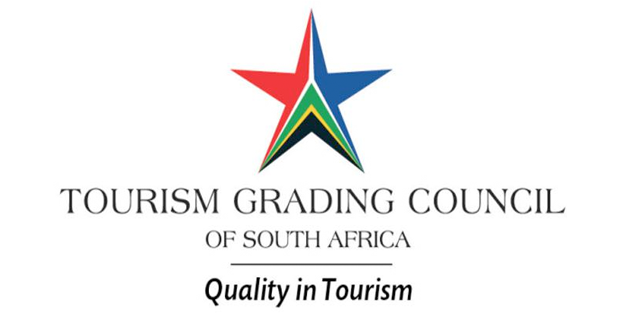 Name: Lisa Dunn - Tourism Grading Assessor
Name: Lisa Dunn - Tourism Grading Assessor  Name: Ooba (Pty) Ltd
Name: Ooba (Pty) Ltd  Name: SK Sambu Tours & Transfers
Name: SK Sambu Tours & Transfers  Name: Soul Private Collection
Name: Soul Private Collection  Name: The Dumb Butler Hospitality Suppliers
Name: The Dumb Butler Hospitality Suppliers  Name: The High Street Auction Company
Name: The High Street Auction Company  Name: Touch Point Retail
Name: Touch Point Retail